Inclusion

MAY/JUNE 2023
Rob Hanley with Katy Hicks & Grace Carpenter 2023 Fort Collins Classic

CERs available now skatepsa.com 2023-24 season
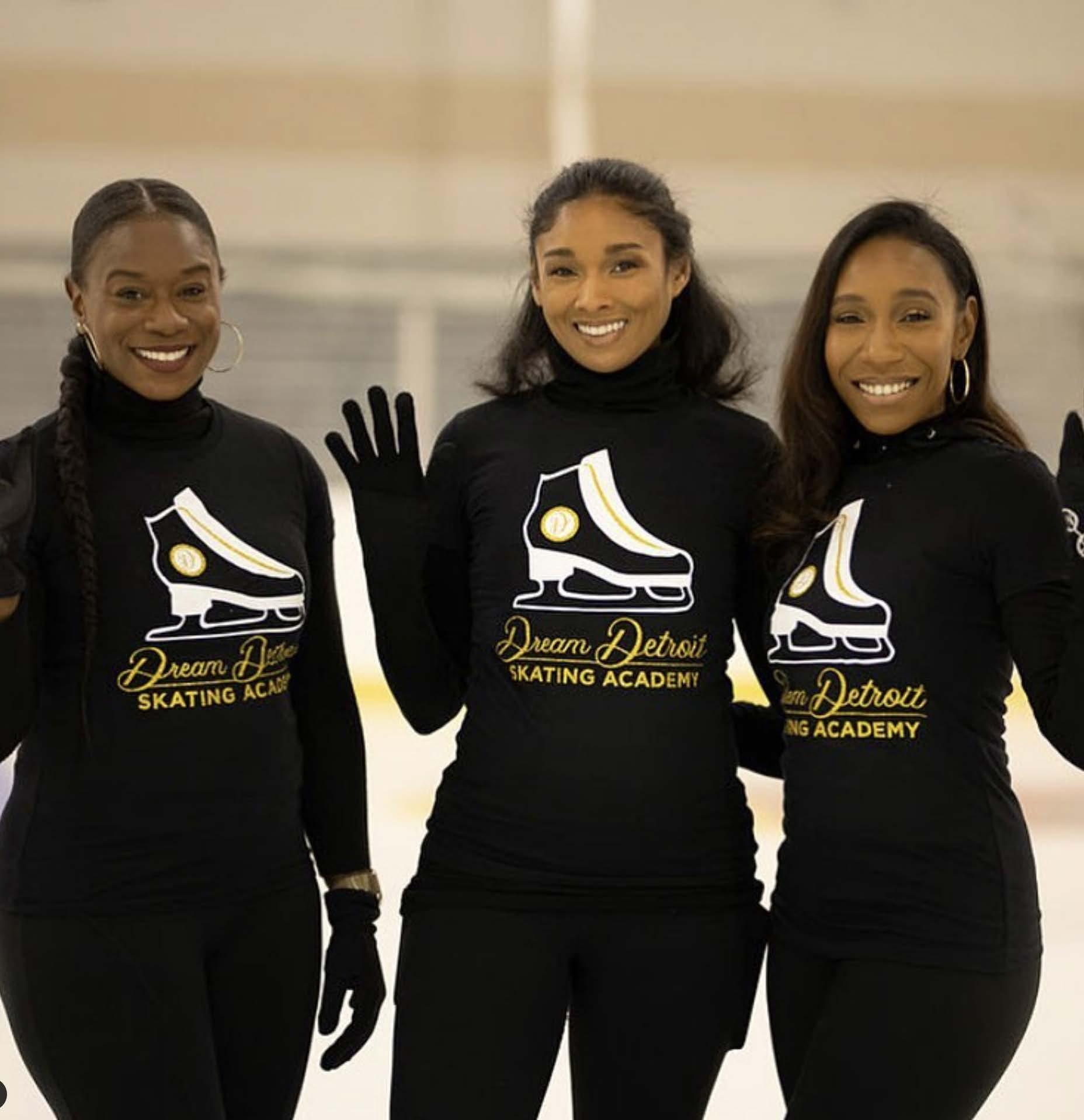

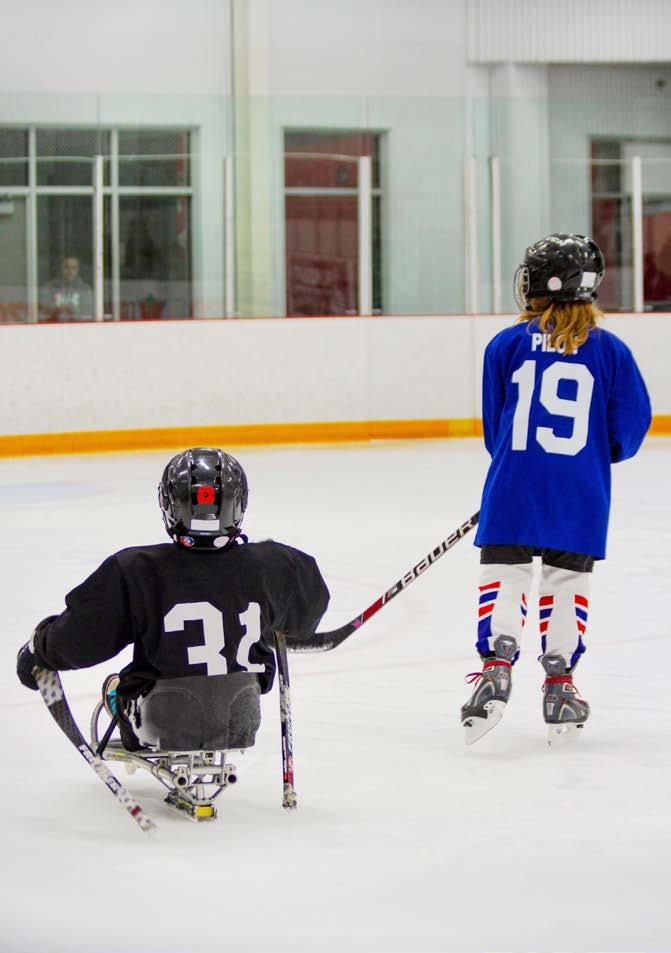
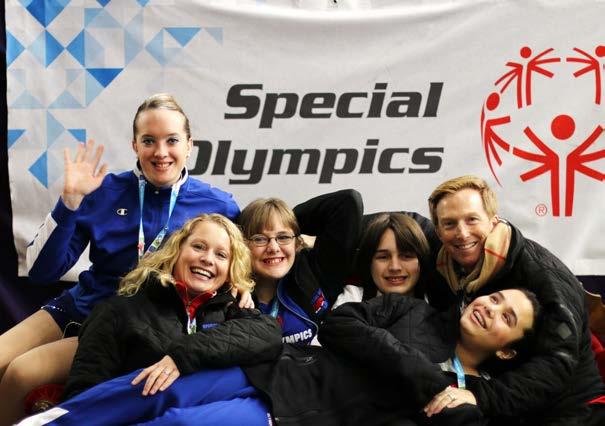
Contents Issue No 6 | WWW .SKATEPSA. COM MAY/JUNE 2023 Find, Friend, Follow @skatepsa COVER PHOTO BY: Melanie Heaney Featured Departments 4 President’s Message 6 Development Coaches' Development 10 Recognition Ratings & Recognition 17 Education Group Lessons Adaptive Skating Special Olympics Sport Sciences—Nutrition 26 Team PSA PS Foundation 12 Bringing skating to a greater audience 18 Don't exclude any skaters 28 Skating History: Axel Paulsen Part 2 34 2023 Coaches Honor Roll PS MAGAZINE 1

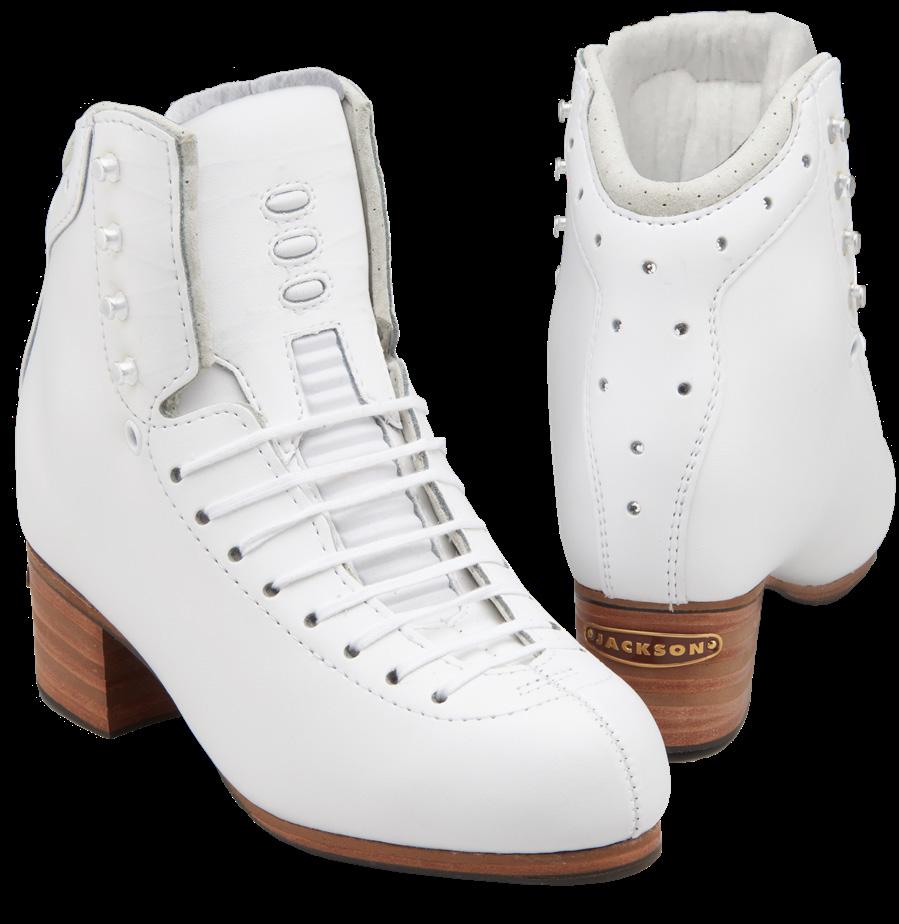

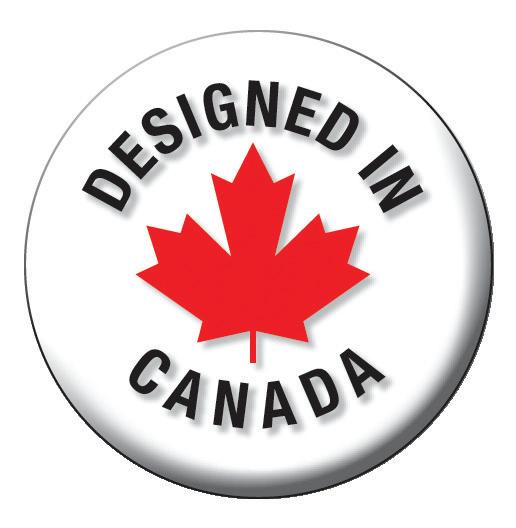
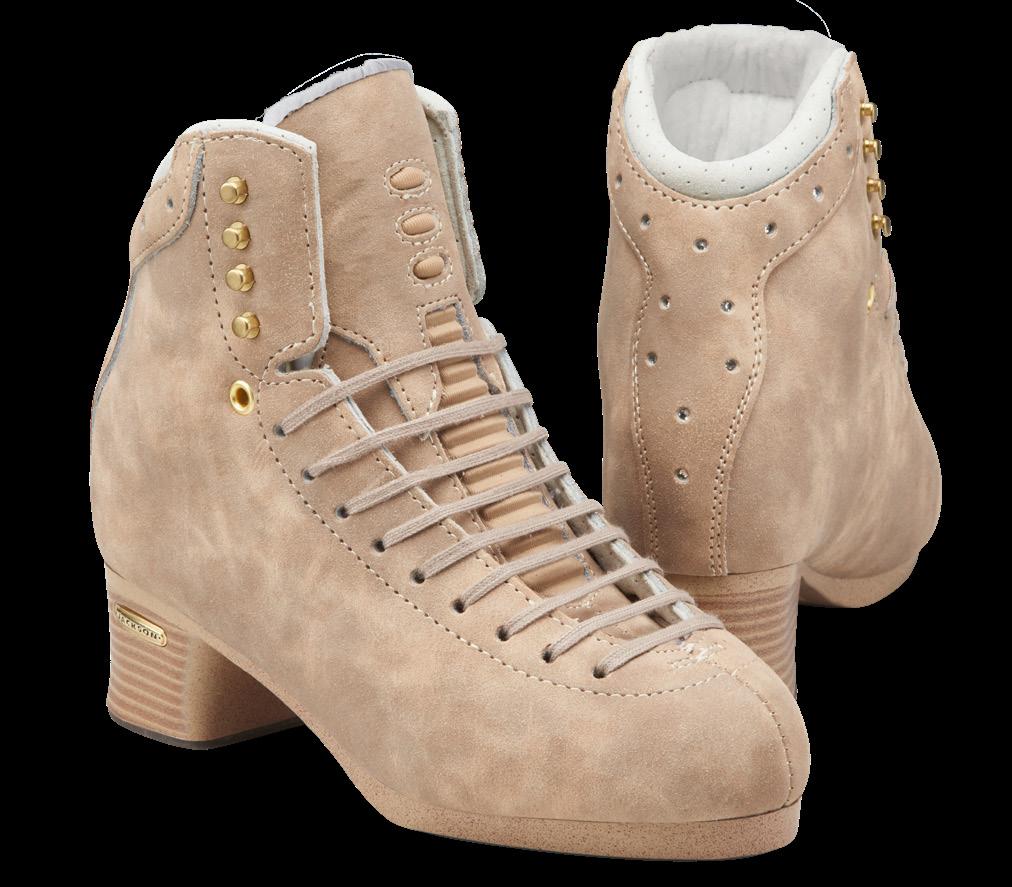



THE QUICKEST WAY TO CUSTOMIZE YOUR BOOT sole changes | width adjustments | tongue changes DON’T FORGET YOUR 30% OFF COACHES DISCOUNT! IF WE MISSED YOU IN ORLANDO... IS WITH JACKSON’S RAPID CUSTOM PROGRAM jacksonultima.com Supreme 5362 Supreme Pro 5320 Supreme 5300 find your nearest dealer at
PSA OFFICERS
President First Vice President
Second Vice President
Third Vice President Treasurer Past President
PSA BOARD OF GOVERNORS West Mid-West East
Members at Large
Committee on Professional Standards
Ratings Chair
Events Chair
ISI Rep to PSA
U.S. Figure Skating Rep to PSA
PSA Rep to U.S. Figure Skating Summit Chair
Diversity, Equity, &Inclusion Executive Director
COMMITTEE CHAIRS Awards
Coaches Hall of Fame
Education
Accelerated Coaching Partnerships
Area Representatives
Hockey Skating
Sport Science Endorsements
Executive
Executive Nominating Finance
Nominating
Professional Standards PSA Rep to ISI Ratings
Adaptive Skating
Diversity, Equity, and Inclusion
PSA AREA REPRESENTATIVES
Area 1 Tracey Seliga-O'Brien
Area 2 Kimberlie Wheeland
Area 3 Andrea Kunz-Williamson
Area 4 Jill Stewart
Area 5 Angela Roesch-Davis
Area 6 Maude White
Area 7 Nicole Gaboury
Area 8 Jackie Timm
Area 9 Mary Anne Williamson
Rebecca Stump
Tim Covington
Patrick O'Neil
Kirsten Miller-Zisholz
Lisa Hernand
Alex Chang
Michelle Lauerman
Phillip DiGuglielmo
Andrea Kunz-Williamson
Ashley Wyatt
Cheryl Faust
Doug Haw
Denise Viera
Denise Williamson
Peter Cain
Kelley Morris Adair
Cheryl Faust
Danny Tate
Jane Schaber
Heather Paige
Kelley Morris Adair
Teri Klindworth Hooper
Darlene Lewis
Jimmie Santee
Andrea Kunz-Williamson
Alex Chang
Denise Williamson
Debbie Jones
Stacie Kuglin
Gloria Leous
Jordan Mann
Garrett Lucash
Jimmie Santee
Alex Chang
Alex Chang
Lisa Hernand
Alex Chang
Kelley Morris Adair
Gerry Lane
Cheryl Faust
Mary Johanson
Darlene Lewis
Area 10 Francesca Supple
Area 11 Charmin Savoy
Area 12 Roxanne Tyler
Area 13 Liz Egetoe
Area 14 Marylill Elbe
Area 15 Tiffany McNeil
Area 16 Russ Scott
Area 17 Martha Harding
Editor/Advertising Brock Huddleston
Art Director Amanda Taylor

DISCLAIMER: Written by Guest Contributor | PSA regularly receives articles from guest contributors. The opinions and views expressed by these contributors are not necessarily those of PSA. By publishing these articles, PSA does not make any endorsements or statements of support of the author or their contribution, either explicit or implicit.
THE PROFESSIONAL SKATER Magazine Mission: To bring to our readers the best information from the most knowledgeable sources. To select and generate the information free from the influence of bias. And to provide needed information quickly, accurately and efficiently.

The views expressed in THE PROFESSIONAL SKATER Magazine and products are not necessarily those of the Professional Skaters Association.
The Professional Skater (USPS 574770) Issue 6, a newsletter of the Professional Skaters Association, Inc., is published bimonthly, six times a year, as the official publication of the PSA, 3006 Allegro Park SW, Rochester, MN 55902. Tel 507.281.5122, Email: office@skatepsa.com
© 2020 by Professional Skaters Association, all rights reserved. Subscription price is $19.95 per year, Canadian $29.00 and foreign $45.00/year, U.S. Funds.
Thankful for What We Have, Contemplating What is to Come
As the PSA continues to work collaboratively with U.S. Figure Skating to build an integrated system for coach education, development, and accreditation, we hear many of our members have questions on what to expect for the 2023-24 season. The 2023-24 season will be a transitional year with minimal changes for the PSA membership. As U.S. Figure Skating works on building their educational coaching plan for the 2024/2025 season, the PSA is holding the reins as usual this coming season and is continuing to offer our members quality education, PSA Ratings and PSA Rankings.
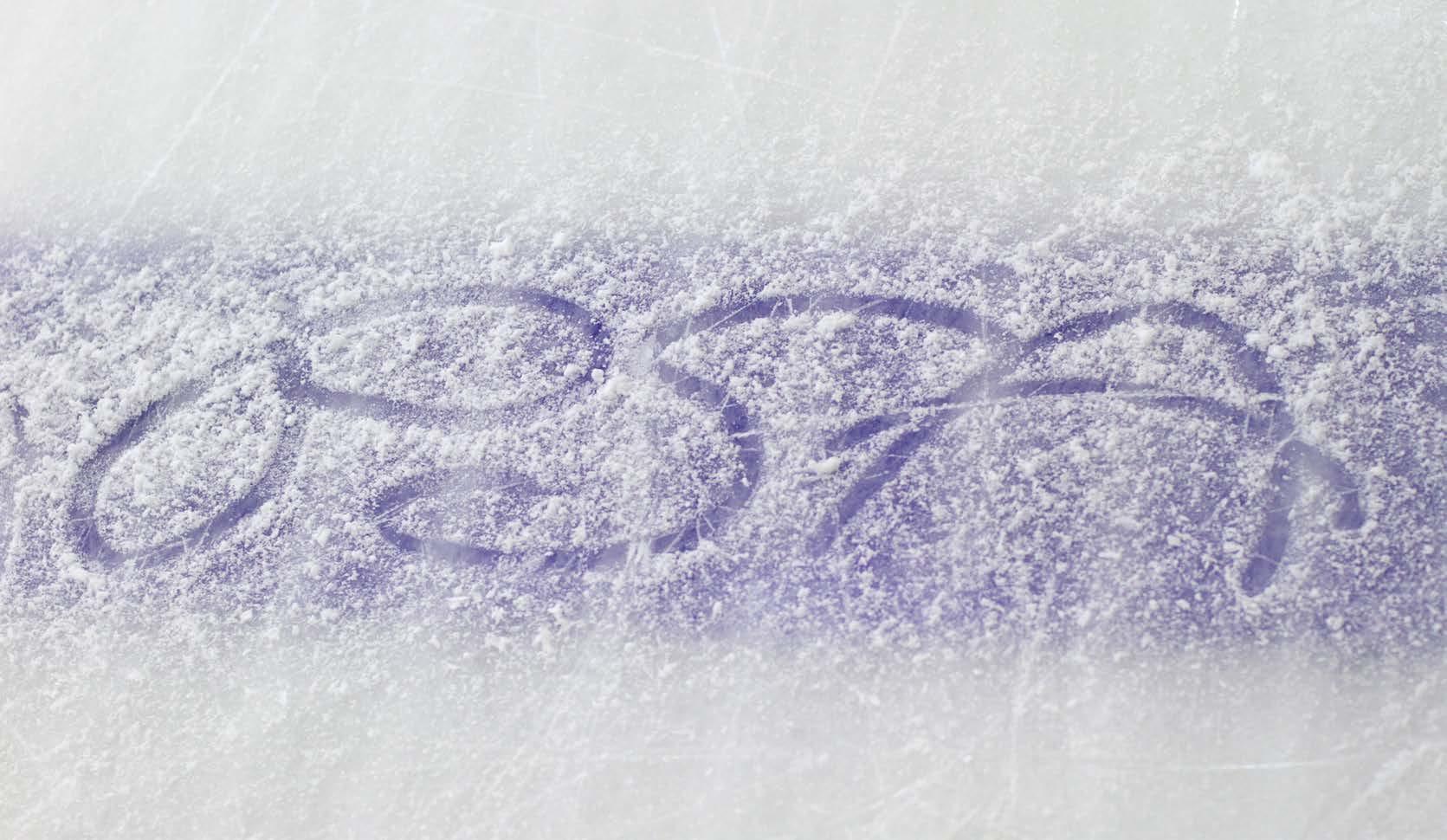
For the 2023-24 season, there are no changes to the rules on becoming U.S. Figure Skating Coach Compliant and for participating as a coach at a qualifying event. To be compliant for the 2023-24 season, all coaches are required to complete the Continuing Education Requirements (CERs) by July 1, 2023. Any coach who is a coach at a qualifying event is required to be a PSA member. Many clubs and rinks require PSA membership as well, so be sure to check for those requirements.
The PSA will continue to offer PSA Ratings in all disciplines at all levels this season. We will offer a Ratings PREP and Ratings Study Groups to enhance our members’ preparation experience
with Ratings. Additionally, we will continue to offer Accelerated Coaching Partnerships. All active PSA Ratings earned by a coach will be transferable and recognized into the future U.S. Figure Skating Accreditation and Certification Program when it launches in 2024. Be sure to check the PSA website for Ratings exam dates if you are interested in taking a Rating in the 2023-24 season. More information and dates can be found in the Rating column on page 10.
Our annual PSA Summit is coming up in Orlando in May, and we are very excited to have Gale Tanger as our keynote speaker as well as a wide range of presenters at this great event. In addition to an immersive IJS focus, a good variety of presentations will be offered covering topics for program directors, group lesson coaches, solo dance, and the Excel Series. There will be some fun activities to attend which are included in your Summit registration for great networking: the President’s Reception, the Edi Awards Reception and Dinner, and the Trade Show. All Summit attendees are welcome to participate in our Tuesday pre-Summit tracks on May 23 which is included with your Summit registration. The 2023 Summit begins on Wednesday, May 24, and will conclude on Friday, May 26. Access will be
MAY/JUNE 2023 4 president’s message
to the future, with honor to the past”
available as in-person, livestream, and on-demand formats. I look forward to seeing you in Orlando!

So what will change with the PSA next season?
In regard to membership registration, our Premier membership will be retired as U.S. Figure Skating begins implementation of their certification and education with a beginning target date of early 2024. The PSA Professional membership will continue to provide value as our top tier membership. It is important to note that the Professional membership is the only PSA membership offered that will satisfy the U.S. Figure Skating Coach Compliance requirement for those coaches attending qualifying events. We will continue to offer the PSA Community and PSA Basic memberships.
An additional change will be that all PSA education will be delivered as virtual events exclusively with no in-person events planned for the 2023-24 season. As we come into July it will be business as usual with PSA offerings to our membership all season long. We will continue to provide seminars, webinars, and a Foundations of Coaching Course. We also intend to present four virtual courses for all PSA member categories. Our members will continue to receive PS Magazine, access PSA TV, and receive ARC communications from our wonderful Area Representatives.
With all of the membership benefits, I am excited about the educational opportunities to support you being the best-informed coaches in the business. This is our strength and we are happy to provide this in the coming year.


We will continue to update you on what is happening between U.S. Figure Skating and the PSA, including the direction PSA will take moving forward. It is sure to be an exciting and eventful year for all of us, our athletes, and our sport.

“Dedicated
– Neil Peart
Becky Stump (MS, MG, MM, MTOI, CFF, CPD) is the President of PSA and resides on the east coast.
PS MAGAZINE 5
PSA has seen many changes over the years. Here's an excerpt from the 1995 JulyAugust PS Magazine.

Change is the Law of Life
By Heidi Thibert MC, MFS, MM, CF
“Change is the law of life. And those who look only to the past or the present are certain to miss the future."
John F. Kennedy, 1963
Change is inevitable in every form of life, including the world of sport. And it is often said that it’s not what happens, but how we adapt to it that matters most. Unsettling change is likely to occur at some point in our careers whether our rink closes, our most successful student selects another coach, or our coaching colleagues move away to choose a different path. In all its forms, change can be difficult and require us to rise to meet the challenge of being resilient, just like we ask our athletes to do.
When we look at the brief list below that led the sport to where it is today, we see that each one of the shifts has acknowledged our past to awaken our future. Some altered the rules of the sport and some changed the faces in our sport. In both, our sport needed these adjustments in order to become better and more colorful. As coaches, we teach
our athletes to adjust their mindset, training, and technique day in and day out, season by season, as part of their development. The development for the sport is no different.
With the PS Magazine’s efforts to cover the importance of diversity, equity, and inclusion, it was clear that there are so many times in our history where change has improved and influenced the future of figure skating.
For example, although U.S. Figure Skating had a non-discrimination policy in place long before 2020, when the ISU—an international organization—created one, it affected people from all the federation countries. This was a major growth moment for the sport in recognizing the importance of diversity, equity, and inclusion in figure skating across the globe.
Thinking about that breakthrough prompted consideration of the impact of another change— one that involves coaching and involves me professionally: the proposal to integrate coaches
–
MAY/JUNE 2023 6 COACHES’ DEVELOPMENT Development
as voting members into U.S. Figure Skating, and for coaching education and development to be administered by U.S. Figure Skating under its own programming. This is a major shift in the way coaching education has historically been delivered.


There are many aspects of this transition that are worth discussion, but one that fits with the magazine theme is the vision to provide space and a culture for inclusion that acknowledges the needs of all athletes and coaches. A vision that creates a coach-centered curriculum that meets coaches where they are and stretches them to meet their coaching goals in creating and sustaining an athlete-centered sport.
At the time of the writing of this article, the votes have not been cast for a change in the bylaws at Governing Council. Regardless of the voting outcome, figure skating coaching education in the United States will never be the same. After almost 15 years as a PSA staff member (and a faithful

“Times change, needs change, [and] organizations change.”
PS MAGAZINE 7
- Alex Chang (First Asian-American PSA President) 2019-2022
U.S. FIGURE SKATING MUSEUM & HALL OF FAME
In 1965 Atoy Wilson was the first Black athlete to compete at the U.S. Figure Skating Championships.
volunteer for years before that), I will be taking a position at U.S. Figure Skating June 1, 2023, to spearhead the design and delivery of a defined coaching pathway and comprehensive coach certification system. This change is in anticipation of the United States Paralympic and Olympic Committee (USOPC) moving towards a requirement for all national governing bodies (NGBs) to certify all their coaches in all their sports. For the first time, the USOPC has identified and stated coaching as a top priority in their Winter Sports Strategic Plan. As such, it will be incumbent on U.S. Figure Skating to utilize coaching resources to establish a coach support network for all of our coaching levels.
I am and will forever be indebted to the PSA
While there are too many to list, below are just some of the major changes (highlighting some of those affecting diversity) that impacted the trajectory of figure skating — changing it forever:
• 1742 - First ice skating club forms in Scotland
• 1902 - First female competes at the World Championships, against men (Madge Syers)
• 1908 - Figure skating is the first winter sport to be included in the Olympics (London)
• 1921 - United States Figure Skating Association formed
• 1938 - Founding of the Professional Skaters Association (Lake Placid)

• 1956 - First Hispanic and Latina to represent the U.S. at Winter Olympic Games (Cathy Machado)
• 1965 - First Black athlete to compete at the U.S. Figure Skating Championships (Atoy Wilson)
• 1973 - The short program introduced, reducing figures to 40% of the total score
• 1976 - First multiracial American athlete competes at the Winter Olympic Games (Tai Babilonia)
• 1988 - First Black athlete medals at the Winter Olympic Games (Debi Thomas)
• 1991 - ISU eliminates compulsory figures from competition
• 1992 - First Asian-American woman to win gold in a Winter Olympic competition (Kristi Yamaguchi)
• 1997 - U.S. Figure Skating Hall of Fame inducts the first Black athlete (Mabel Fairbanks)
• 2000 - First World Synchronized Skating Championships
organization and community. Without the PSA and standing on all the shoulders of those coaches who generously shared their knowledge and experience to sustain it, I would not feel confident to take on this work. While looking forward to the future, I’m feeling incredibly grateful for the past, and I’ll do my best to honor the legacy of the PSA.
• 2002 - First Native American woman to compete in the Winter Olympic Games (Naomi Lang)
• 2004 - Judging system changes from 6.0 to International Judging System (IJS)
• 2015 - ISU allows vocal music in singles and pairs competition

• 2019 - PSA elects first Asian American president (Alex Chang)
• 2020 - U.S. Figure Skating Board of Directors approves DEI pillars to create and nurture an inclusive and diverse environment for all
• PSA forms DEI Committee and appoints chair (Nathan Truesdell)
• ISU revises Code of Ethics to protect skaters from facing discrimination because of their sexual orientation, gender identity, gender expression and sex characteristics
• 2021 - U.S. Figure Skating hires a Director of Diversity, Equity, and Inclusion (Kadari Taylor-Watson)
• 2022 - First openly non-binary athlete competes at the Winter Olympic Games (Timothy LeDuc)
• ISU approves raising age minimum from 15 to 17 for Olympic competition
• Changes the reference of females from “ladies” to “women”
Heidi Thibert (MC, MFS, MM, CF) is the PSA Senior Director of Coaching Development and staff liaison to U.S. Figure Skating.
“If we do not honor our past, we lose our future. If we destroy our roots, we cannot grow.” – Friedrich Stowasser
MAY/JUNE 2023 8
COACHES’ DEVELOPMENT









GEM SERIES all new Meet the The new Gem Series from Riedell take skaters from their rst steps on the ice and beyond! With a new t, new look, new materials, and lightweight outsole, the Riedell Gem Series ensures consistent comfort and performance as skaters progress. ICE.RIEDELLSKATES.COM RUBY TOPAZ CRYSTAL Aug. 3-6 Nashoba Valley Olympia/Boxborough, MA Test & Entry Deadline May 24 skateisi.org/worlds ISI Worlds High Tides & Good Vibes! PS MAGAZINE 9
Ratings Keep On Rolling
Overthe last year, the Ratings Team has been hard at work. As coaches, we constantly reflect on our own practices and evolve to provide the best product possible. This type of mentality has guided our committee’s work over the last year, and will continue to guide us moving forward. As we get ready to move into the next membership year, I wanted to take a minute and share not just what we’ve accomplished, but what you can look forward to in the new year.
I am proud to say that at the time of writing this article, a total number of 148 ratings exams have already been given this year. Out of those exams, we saw a total number of 123 passing exams, which included 27 coaches who passed their first-ever rating exam and six new master-rated coaches. WOW!!! I hope every successful candidate is proud of their new rating and that all candidates—no matter the outcome—were able to walk away with more knowledge than they came with.
But this is just the beginning!
Behind the scenes, we’ve also taken feedback that ratings candidates and examiners have provided to improve the ratings process for everybody. Working through each discipline, we reviewed the content of each exam, clarified questions as needed, and updated all of the initial assessments.
We also wanted to guarantee that whatever content might be covered during a rating exam was addressed in each study guide. Working with office staff, we re-published each study guide with updated content, a refreshed look, and a consistent structure from discipline to discipline. It is our goal to help make sure that you can be as prepared as possible and that there are no “surprises” going into an exam. These projects have been major undertakings, and I would like to thank everyone who was a part of this process. (And as to be expected, these projects were no small feat. We are still hard at work finishing the last few disciplines…if you don’t see a new study guide yet, it’s on the way. I promise!)
Two other major accomplishments include the rewrite and successful launch of our Group Coach ratings, as well as the creation of an exciting new discipline that will be launched in August…Solo Dance!
Our virtual exams have continued to be a major success, and at our in-person spring seminar in

Arizona, we successfully launched a hybrid format for the first time.
Looking Ahead to 2023-24…
As we move forward into the next membership year, rest assured: we will still continue to offer ratings exams. But, like all things, we also saw room for improvement here, too.
Moving forward, we will no longer be depending on the monthly lottery system. Rather than offering monthly rating sites with a very limited number of spots, we are moving to a quarterly model that will allow us to administer more exams.
Here’s what this means for you, as the candidate:
• All rating sites will be filled on a first-come, firstserve basis. Once you have signed up for an exam and have purchased it through our website, you are guaranteed a spot.
• Be sure to mark your calendar and stay tuned to our social media channels. You won’t be able to sign up for an exam if the rating site has sold out, so be sure to sign up early!
• All virtual rating sites will offer all levels of exams in all disciplines, with few exceptions.
It is my hope that through this model, every person who wants to take an exam will be able to. I also hope that through these guaranteed dates, rating candidates will feel more confident in their ability to effectively plan for studying and mentoring sessions.
Which leads me to my final point… When are ratings exams going to be offered? Be sure to mark your calendars for the following dates:
• August 18-20, 2023
• November 17-19, 2023
• February 9-11, 2024
• April 12-14, 2024
Be sure to keep your eyes peeled for updates through our website and social media channels. We will announce when registration will become available, and encourage you to sign up as soon as you can.
Cheryl Faust (MFS, MM) is the Ratings Committee Chair
MAY/JUNE 2023 10 RATINGS & RECOGNITION
RATINGS & RECOGNITION
Basic Accreditation
Shelby Hagedorn
Emma Pratt
Gino Thielen
February 2023 | Virtual Ratings
Alexis Capouellez CPD
Hayley Chamberlin RPD
Katherine Erickson RPD
Phoebe Flynn RFS
Alexander Ho RD
Tammy Jimenez RPD
Sindy Kim CFS
March 2023 | Virtual Ratings
Laithe Al-Zubi RG
Ann Birchard RG
Mirrielle Chambers CG
Amanda DeAguila SFS
Mackenzie Decker CSS
Katie Erickson SG
Ashley Gaskin RG
Benna Greco CG
Megan Griffin RG
Annali Harp CG
Hockey Skating 1
Melissa Wilkens
RANKINGS
Stacey Tutela
Emily Zieman
Walter Lang RD
Lucas Marquardt CD
Madeleine Newby-Estrella CPD
Matthew Savoie CFS
Sharon Smith SPD
Alesia Smith RFS
Kimberly Wilczak RFS
Coach Aimée Skating Academy
Lake Hiawatha, New Jersey
Ice Den Chandler

Chandler, Arizona
Ice Den Scottdale
Scottsdale, Arizona
Edge Skating Academy
Littleton, Colorado
Iowa Figure Skating Academy
Natalia Irvine MSS
Naomi Lang RG
Lucas Marquardt SSS
Amanda Meek RP
Denae Raught SSS
Gianna Scalisi CG
Deanna Siswick SG
Alesia Smith RSS
Kiana Stadler CG
Wendy Sylvia RG
Congratulations to our coaches for your determination and drive!
Urbandale, Iowa
Kettle Moraine Figure Skating Club
West Bend, Indiana
Marquette Figure Skating Club
Marquette, Michigan
Onyx Suburban Skating Academy
Rochester, Michigan
Palm Beach Ice Works
West Palm Beach, Florida
Palm Beach Skate Zone
Lake Worth, Florida
Park City Ice Arena
Park City, Utah
Rochester Figure Skating Club
Rochester, Minnesota
The Greensboro Ice House

Greensboro, North Carolina
World Arena Ice Hall
Colorado Springs, Colorado
• Kent DeWitt Johnson Level 8 - Singles
• Kimberly Johnson Level 5 -Pairs
• Felicity Lothrop Level 2 -Synchonized Skating
• Caylin Rudedenman Level 4 - Singles
Register now and be recognized as a progressive training facility dedicated to excellence in coaching both on and off-ice.
www.skatepsa.com
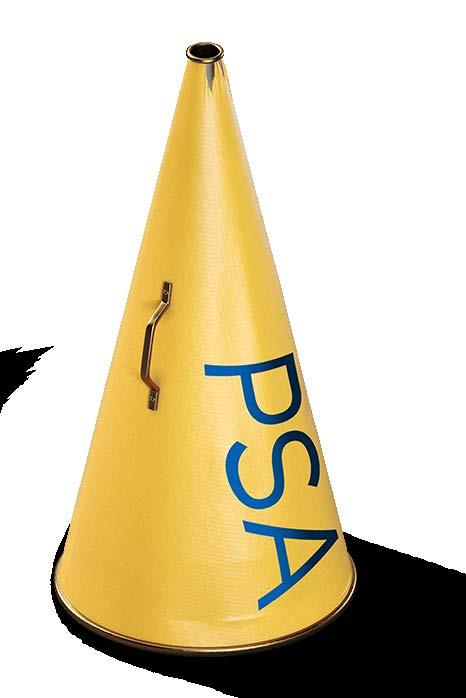
toWay go! PS MAGAZINE 11
Bringing Figure Skating to a Greater Audience
By Kent McDill
As a form of recreation, ice skating has no boundary. There is nothing about the activity that precludes participation from a person based on age, racial background, gender, or any other genetic component. It does not discriminate against anyone who has the physical ability to stand on thin steel blades upon a slippery surface of ice.
On the other hand, figure skating as a sport has a stern boundary—an economic one. The introduction is effectively free, but beyond that first taste, figure skating is costly. As such, it creates a financial line that many people cannot cross. There are, however, many people across America who want to erase that line. Here are some of their stories:
Joel Savary, DiversifyIce
Joel Savary is the founder and executive director of DiversifyIce, located in the Washington, D.C. area. Savary is the author of the autobiographical book Why Black and Brown Kids Don’t Ice Skate. In his book, Savary details the roadblocks that stood in his way as a young athlete and the roadblocks that still exist in the world of ice skating for disadvantaged children of color. His organization provides funding for competitive skaters of color and provides programs to
local schools in the D.C. area to demonstrate ice skating to a new audience of children.
“Back when I skated, I remember telling my classmates, ‘I am an ice skater,’” Savary said. “The reaction from my peers was, ‘Black people don’t ice skate.’ That was a real jarring moment and made me not want to embrace the sport the way I wanted. I felt very much alone.”
“I started as a teenager at 14, but I also grew up in Miami and my school was predominantly minority black and brown kids. When I went to the rink, I was the only skater of color in freestyle lessons. When I went to my first public skating session, I had my own skates. They were used, but I was excited about them because they were mine. A woman came over to me from the rink and said, ‘Are those your skates?’ She had a look of suspicion on her face. Later when I got off the ice, she said, “Those are not your skates.” She went to the front desk and was pointing toward me. It was very clear that she was going with the narrative that I was stealing skates. You could see the look of shock and surprise on her face that I was jumping and spinning, and that I was not there to steal skates.”
Savary noted that in his own beginning, he was not only the sole skater of color, but that he was the only person of color in the rink, including coaches and front
office staff.
“Now, through the work we are doing in partnership with U.S. Figure Skating, you can see the [D.C.] community that is being built. We bring people together, network, and build relationships. There is now a sense of camaraderie in a family of skaters all supporting each other.”
The Diversify Ice Foundation has raised thousands of dollars to offer scholarships or grants to minority skaters who want to move beyond the Learn to Skate level and begin competing
“I know people who have taken out a second mortgage on their home to pay for skating,” Savary said. “People ask themselves if they are willing to make that kind of financial sacrifice to allow their kids to continue skating. The financial ecosystem needs to be improved.”
In February, Savary and his team produced SkateRaiser California ‘23, a fundraising event held in Los Angeles that included performances by Olympic and world skaters like Starr Andrews, Nathan Chappelle, and Alexa Gasparotto.
“It’s a very powerful image to see so many skaters similar to you,’’ Savary said. “It is building that sense of community immediately.”
Dream Detroit
The Dream Detroit Skating
MAY/JUNE 2023 12
Academy utilizes the Jack Adams Ice Arena—Detroit’s only public indoor skating rink—to introduce skating to black and brown children who are strangers to ice skating. They then work with the children who develop an interest in figure skating and help them advance in the sport into competitive events.

Candace Tamakloe and Angela Blocker Loyd are the cofounders of Dream Detroit.
“I started skating in my neighborhood in the city when my mom found out about an all-black figure skating club after reading an article in a local newspaper,” Tamakloe said. “My first coach told my mom, ‘If you want her to go beyond an Axel, you need to send her to a rink in the suburbs.’ They weren’t pushing black kids at the rink I was at.”
It was similar for Blocker Loyd. “I started at the rink in the city,” she said. “I was introduced to skating by one of the students there, but the rink did not have a lot of children’s classes, so I went out to the suburbs. Before we started this program, there was no club in the city for skaters to join. As big as our program has become, there are still people who might not know about it. We are trying to reach as many city families as possible so they can get the introduction and instruction they need in the city.”
The women recently appeared before the Detroit City Council to ask for financial assistance in upgrading the equipment in the rink where they work. But their most pressing issue is finding a way to provide funding for families of inner-city children who want to skate beyond an
introductory level but can’t afford the expense of coaching and ice time.
“Funding for families is the first barrier we see,’’ Tamakloe said. “Parents and families see ice skating as an expensive sport. They are not even going to try to push their kids into the sport because they already think of it as too expensive. They deal with getting to the lessons, the cost of skates and guards, and that is before they even get their children onto the ice.”
“You see families coming into something new and they are excited to see that your children like it ,’’ Blocker Loyd said. “Then they find out what figure skating really costs. It is an expensive sport, and we would like to find a way around that roadblock for disadvantaged families.”

DiversifyIce Founder Joel Savary noted how lonely it felt to be the
only human being of color at his ice rink when he first started skating. The lack of representation was prevalent.

The Dream Detroit team has reversed that problem years later.
“When Angela and I created Dream Detroit, there were three of us, including coach Crystal Stewart, and we were good with four coaches,’’ Tamakloe said. “We could handle our group lessons.
PS MAGAZINE 13
PHOTO BY MELANIE HEANEY
“But as news got out about Dream Detroit, we reached out to former skating friends, skaters I knew who were still skating.” she said. “Literally, out of nowhere, we started getting African American coaches interested in helping. Most of them hadn’t skated in years, but skated at a level where they could start coaching. We have 13 coaches now, many who are former synchro stakers, and all who bring a different skill set to our team. They aren’t doing it for the money. They love skating but didn't have the opportunity to work with skaters that looked like them. We don’t have that issue now.”
In order to help spread the word about their organization, Dream Detroit has taken full advantage of using social media platforms such as Facebook and Twitter. They have also been featured in several media reports from local Detroit outlets. One event that was covered in January, 2022, was the organization’s opening clinic that had 150 kids “who heard about us and came out.”
“One of my former skaters coaches for us now. I had not spoken to her in years, but she came walking into the rink with her skating bag and said, ‘My dad heard about you.’”
In addition to continuing their current work, the goal of Dream
Detroit is to receive the funding necessary to create its own training facility to allow for off-ice and on-ice training and to provide fundning opportunities for interested families with financial need.
Unity Ice Academy
The Unity Ice Academy is a two-year-old Los Angeles organization with the goal “to provide access and education to the sport of figure skating and instill life lessons of determination, confidence and drive in children.”
“Limited access to equipment, coaching, ice time, and overall expenses are major contributors to the lacking diversity and inequity in ice skating,’’ the Unity Ice Academy website states.
“For children of disadvantaged backgrounds, these barriers can make ice skating inaccessible, despite any natural talent and/or passion for the sport.”
Founder Ashleigh Ellis aims to change that.
A transplanted New Yorker who discovered ice skating when she attended a birthday party at the age of 6, Ellis created Unity Ice Academy in 2021 and hosted the first summer camp in 2022. A recent fundraiser set the stage for a wider group of participants for the 2023 camp.
“We had 51 kids participate in
the program last summer,’’ Ellis said. “We have over 200 families on a waitlist for our camp this summer.”
The Unity Ice Academy uses The Rinks in Lakewood, California, a facility with a history that tells the tale of the struggle of minority or underprivileged families to learn of the pleasure that comes from ice and figure skating.
“Lakewood is considered an affluent area, but close by there is an area that is not so affluent,’’ Ellis said. “There are lots of kids 15 minutes away from the rink that go to school as underprivileged youth. Most rinks out here are located in affluent areas, and we have to bring the kids to the area where the rinks are.
“I talk to so many parents who grew up in this area, and they tell me they have passed this rink hundreds of times and have never skated, never knew anyone who skated,’’ she said. “I would say for 95 percent of the kids in our camp last summer, it was their first time on ice.”
While visiting local groups like Boys and Girls Clubs, church groups, and school organizations, she hears the same story: I never saw anyone who looked like me skating. I never thought it was an option to skate.
The Unity Ice Academy camp is free for participants, but one free camp does not serve families who want to support their child’s interest in skating but cannot do so due to cost constraints.
“We want to grow our donor list to the point where if we have a skater who wants to take it to the next level, we can hopefully provide scholarships so they can keep it going throughout their life.”
Figure Skating in Harlem
In the early 1990s, Sharon Cohen was invited by Harlem community leaders to introduce ice and figure skating to girls for the
MAY/JUNE 2023 14
“I talk to so many parents who grew up in this area, and they tell me they have passed this rink hundreds of times and have never skated, never knew anyone who skated.’’
Upward, Inc. East Harlem community organization. By 1997, Cohen had created Figure Skating in Harlem, an organization “as a safe space for young girls to achieve academic excellence and physical well-being through the lens of figure skating.”
“I witnessed first-hand the difference skating made in the lives of young girls,’’’ Cohen said. “They beamed with pride as they experienced their progress. There was nothing like it.”
To honor its 25 years of work toward improving the lives of young girls through education and sport, Figure Skating in Harlem was awarded a Women and Sport Award from the International Olympic Committee in the spring of 2022.
FSH also has a specialized educational curriculum to improve participant skills in reading, writing, and math, and to introduce financial literacy concepts as part of its dedication to the growth of girls in the area.
Every year, FSH hosts a gala event that includes guest speakers from the world of athletics and business to provide funding to support participating families in need of financial assistance for students and skaters.
The Figure Skating Diversity and Inclusion Alliance
In response to national events related to racial conflict that prompted the creation of Black Lives Matter, a group of figure skaters of color banded together to create the Figure Skating Diversity and Inclusion Alliance.
Members of the FSDIA meet every other Friday through web links to discuss matters of the day related to diversity and inclusion in an attempt to create a figure skating community aimed at making positive change
through their sport.
“[We] felt an urge to bring awareness to the lack of equity, diversity, and inclusion while also creating solutions and cultivating the world we wish to see in the sport of figure skating,” FSDIA Co-Secretary Lina Ramirez wrote when the organization was founded. “What started off as heartfelt discussions and sharing experiences quickly turned into organized ways to affect real change.”
Inclusion is for Hockey, too!
In 2022, the National Hockey League released its first Diversity and Inclusion report, designed to identify the level of diversity and inclusion within NHL organizations. While the report focused mainly on workforce representation (84 percent of all NHL employees, including players, identified as white), the report also initiated efforts by NHL teams to increase representation and opportunities for interaction with minority communities and communities of color.
The Kraken Community Iceplex, the practice facility home for the Seattle Kraken, works with the Refugee Women’s Alliance (ReWA) to introduce ice skating to immigrant families, providing coaching that includes coaches who can speak languages from

Spanish to Amharic. Each Wednesday for 32 weeks of the year, three school groups are brought in by the One Roof Foundation for Learn to Skate classes, with transportation and equipment provided.
“I think what the program is doing is amazing,’’ said Kraken Community Iceplex Skating Director Chad Goodwin. “It’s very important that we provide this opportunity to as many kids as possible. It takes work and determination to provide financial assistance for figure skaters or hockey players. We look at it as ‘one skater at a time, one player at a time.’”
Ashleigh Ellis and the Unity Ice Academy work with the Los Angeles Kings and the Toyota Sports Performance Center to develop 24 Degrees of Color, a program aimed at providing financial support to introduce ice sports to minority communities in the Los Angeles area.
Representation Matters
Everyone working to improve accessibility of skating for minority and underprivileged children of color mention the need for improved representation of high level athletes of color. Repeatedly, organizers state that too many children who look up to athletes of
continued on page 19
PS MAGAZINE 15
Thoughts on Inclusivity and Teaching Special Olympics
WhenI was first asked to write an article that was related to the concept of inclusion, my very first thought was, I need to talk to Tappie! For those of you who don’t know Tappie Dellinger, you should. A longtime friend and colleague since 1986, she has been working with Special Olympics athletes and has been heavily involved with the organization for a number of years. Simply put, her
work is nothing short of extraordinary.
I’m excited to share her knowledge and passion with each of you. It is my hope that by sharing this interview, not only will you have a greater understanding of what Special Olympics is, but that you will feel inspired and more confident in your ability to create a more inclusive skating environment.
Interview with Tappie Dellinger
Special Olympics & U.S. Figure Skating Liaison
Special Olympics North America (SONA) World Games Head Coach
Special Olympics North Carolina (SONC) Sports Development Team Director

SOI Figure Skating Sports Resource Team-Chair
U.S. Figure Skating Special Olympics/Adaptive Skating Committee
SOI Sports Impact Standards Committee
What are the differences between the provisions of Special Olympics, Adaptive, Paralympic and able-body athletes?
This is a great question that a lot of coaches have. Special Olympics athletes have intellectual disabilities (ID), a term that is used to describe a person with certain limitations in cognitive functioning and other skills, including but not limited to communication and self-care.
Paralympic sport, on the other hand, is affiliated with the International Olympic and Paralympic Committee (IOPC) and is specifically for athletes with classified disabilities. Commonly, Paralympic athletes have physical impairments such as mobility disabilities, amputations, blindness, etc., which are classified to promote equitable competition between each athlete/team.
Adaptive athletes may have any type of impairment or disability. It is important that all athletes have a place where they can participate in the sport they love, grow, and learn within the sport and have meaningful and competitive competitions worldwide.
When and how did you get started with Special Olympics?
I was introduced to Special Olympics ice skating through my coach when I was about 13 years old. I was skipping school one day so that I could practice and saw that he was working with a group of Special

athletes. He asked me to help and I knew then that this was something I wanted to be part of my future.
What is your greatest challenge as a Special Olympics coach?
My greatest challenge is athlete acceptance. I want to help educate others that all athletes need help, and that some just require more guidance. If everyone would take a moment to acknowledge this, the world would be a better place.
What are your athletes’ greatest challenges?
Being accepted and believed in. All athletes learn at their own pace. It should be noted that it may take longer for a Special athlete to learn a skill, but the determination is there.
What is the longest time you have coached a particular athlete?
I have a speed skater that I have coached for nearly 20 years. When I started with him, he would just run on the ice—his feet would always be in motion. He is now one of the top ranked Special Olympics speed skaters within the USA and has served on a Special Olympics World Winter USA team in Korea in 2013. He still loves
MAY/JUNE 2023 16
EDUCATION
to skate, and he is a big hockey and NASCAR fan too!
What positives have you witnessed with your athletes participating in figure skating?
When I work with all my athletes, I know that the lessons I am teaching them are not only skating lessons but life lessons. Sometimes we do not realize that learning to put elements together on the ice also relates to everyday life skills. I have seen athletes learn to not be afraid to “fall down and get up,” hold their heads up, and perform in front of an audience. These are important for skating, and in their everyday lives. Proud positive moments for a coach.
What struggles have you witnessed with your athletes participating in figure skating?
Inclusion is still a big struggle. U.S. Figure Skating has a great program for Adaptive/Special Olympics skaters and the word is getting out there. Unfortunately, there are still many rinks and clubs that do not know about this wonderful program and do offer programs and events for this population of athletes. Please continue to spread the word!

Does the facility in which you coach provide you with support?
YES! We are very lucky to have the full support of the Extreme Ice Center, owner, management, staff, and crew. They are always there to help with ice time for the athletes, skate rental as needed, to lend a helping hand when possible, and most importantly to provide a safe and comfortable place for all the athletes to belong.
How do you incorporate your volunteer coaches with your athletes?
We have a fantastic group of volunteers and coaches for our athletes. I feel it is important that all the volunteers work with all the athletes during the group classes. It is valuable for the coach to help learn the personality of each athlete, and to help them become familiar with all age groups too. They help with teaching different skills and use different verbiage so that the athletes can feel empowered.
What has been your greatest disappointment? Or, what is the greatest misconception about SO?
It is always so disappointing to hear someone say, “Ice Skating is too difficult for an athlete to learn”. I feel that all people should be given a chance to try (and try again and then, again) to do anything that is offered to them. Yes, ice skating is challenging but when given the proper tools, instruction, support, and encouragement anything is possible. Let them try! My rule of thumb is six tries. It might take 1 or 2 times for
the athlete to get used to having a skate on their feet, to stand or walk on the floor. Then a few more tries to be able to get the courage up to step on the ice. If you give up on the athlete, they give up on themselves.
You have had many wonderful achievements, which one bubbles to the top of this list?
To be able to bring the Special Olympics rules into the 21st century. Updating the Special Olympics rules, judges’ information, training guides, and adding more opportunities for competition for athletes.
Where have you traveled internationally with your athletes?
I have been to Japan, South Korea, Austria, Sweden, and Finland for training and competition. Within the USA I have been to Reno/Tahoe, Alaska, and Idaho.
Your husband, Chuck, is also involved with SO. Tell me what his involvement is.
Chuck is the Bowling expert. He is the SONC Bowling Sport resource Chair, SONA Bowling Expert, SO-USA Summer World Games Coach multiple times, and he will be serving as one of the International Technical Officials at the Special Olympics World Summer Games in Berlin Germany in June 2023. I am so proud of him and all he gives to others.
Can you share more information about the SO program in the us?
The Special Olympics and the USFS have a “Memorandum of Understanding” a proclamation to work together to better figure skating for all athletes. This has only been in place since January 2020, we are excited to see Special Olympics athletes included at local, area, regional, and sectional competitions. This year the athletes have been included in National Showcase events and at the Synchronized Skating Championship. There are still a lot of areas in the US that are not aware that their competitions can and should offer these events. I hope this helps to spread the word for all Special Olympic and Adaptive skating athletes within the US. There is a place for all athletes in figure skating and will you be the next coach to help?

PS MAGAZINE 17
Denise Williamson (MFS, MM, SFF, CC) is the chair of PSA's Education Committee.
It’s Competition Season Don’t Exclude Any Skaters!
BY COURTNEY FECSKE

As the competition season is in high gear, it is a great time to remind competitions, coaches, parents, and skaters that our competitions are for all skaters! Do not forget that we have many exciting and challenging competition events for skaters with disabilities.
Adaptive Skating

Skaters who have any kind of disability may choose to compete through adaptive competition events which include both assisted and unassisted events. Adaptive skating is the umbrella term and includes all skaters with disabilities. Assisted events mean that a skater can use a walker, wheelchair, or another skater to assist with their program. Unassisted means that the skater is competing without additional assistance but still within the adaptive skating guidelines. The adaptive skating program guidelines can be found within the Compete USA Manual. There are Adaptive levels 2-12 which include a list of elements that can be used to create a free skate program for a maximum of one minute and ten seconds with music or for a compulsory event without music.
Special Olympics
Special Olympics competition events are for skaters with intellectual disabilities and may be offered at U.S. Figure Skating sanctioned events or Special Olympics skating events. Well-balanced program information can be found in the Compete USA Manual and include Badges levels 1-12 for elements to be completed within a one minute and ten second maximum program with music. Special Olympics skaters can also compete in free skate, pairs, and ice dance with the specific guidelines also found within the Compete USA Manual. Special Olympics has their own manual that can be referenced on the Special Olympics Figure Skating website.
Skate United
Skate United is for skaters with physical disabilities. This is the newest set of opportunities for skaters with physical disabilities so some competition hosts, coaches, parents, and skaters may still need to learn about this option. Skate United skaters can choose
to compete within any standard well-balanced event with the same guideline requirements but within a separate group for only Skate United skaters. These events should be streamlined into the competition, but skaters will have their own group. All Skate United events currently are under the 6.0 judging system. The Adaptive Skating Subcommittee is hard at work to support the implementation of a classification system that will work in conjunction with IJS in the next few seasons.
Skating Accommodation Memorandum
Regardless of the adaptive skating events that best support your skater it is also important to share about the Skating Accommodation Memorandum (S.A.M.). The S.A.M. supports reasonable accommodations for skaters for both competition and testing. How this process works is that the skater or skater’s parent, depending on the skater’s age, will complete the S.A.M. Request form and sent it to the clinical review team composed of allied medical professionals with skating experience and knowledge. The S.A.M. clinical team reviews the request and determines appropriate accommodations for both testing and competition. These accommodations are sent for review to both the competition and testing committees for feedback. Once approved, the S.A.M. is drafted and the clinical team meets with the skater,
MAY/JUNE 2023 18
skater’s parents, and coach as appropriate to discuss the S.A.M. At this time adjustments can be made and then the final S.A.M. is completed. The skater or skater’s parent would then present the S.A.M. at the time of registering for a test session to the test chair, or if registering for a competition, to the LOC to present to the chief referee. The test chair for a test session and the chief referee for a competition are then responsible for ensuring necessary accommodations are provided. If the test chair or chief referee have questions these can be sent to the chair of the Adaptive Skating Subcommittee.
Start Competing!
If you have a skater who wants to compete in any of these events and you do not see the event offered at your competition, please reach out to the competition host and ask to compete! Every skater should be able to compete, and this is likely an oversight of the competition announcement in not including these events. Guidelines for these events can be found in the Compete USA Manual and within the rule book. If there are further questions, please reach out to the Adaptive Skating Subcommittee.
The Adaptive Skating Subcommittee aims to recruit and support skaters with disabilities in their skating journey and strongly feels these events need to be included within our competition announcements and competition events. We are working on drafting a competition announcement for all adaptive events and hope to have this available to LOCs soon. You can find more information about the adaptive skating programs in the Members Only area of the website along with a presentation explaining these tracks in more detail.
Author Bio
Courtney Fecske, PhD, CTRS is a member of the Adaptive Skating Subcommittee and serves as the Skate United lead. Dr. Fecske is currently an Assistant Clinical Professor at Indiana University-Bloomington in the School of Public Health and is also a former Team USA Synchronized skater and current official for US Figure Skating. She has founded and worked with adaptive skating programs and conducts research focused on examining the impact of participation in adaptive sports.
continued from page 15
Bringing Figure Skating to a Greater Audience

color in basketball, baseball, football or soccer have no one to point to in figure skating.
That is changing due to the improved status of skaters like Starr Andrews, Nathan Chappelle, and Alexa Gasparotto. Andrews recently became the first African-American to win a U.S. Championship medal in over 35 years. She and the others appeared at the DiversifyIce Skate Raiser event in Los Angeles.
“Having someone to look up to that has the same skin color as you is transformative and life changing,’’ Ellis said. “[At the Skate Raiser,] the kids left so inspired by just seeing other Black skaters skate, to see someone on the ice at that level. I had no idea how big that was going to be, seeing what is possible. People even wrote thank you notes telling me how important it is to see someone like me, a black woman, running a skating camp.”
Which brings us to Frozone.
DiversifyIce Founder Joel Savary pointed out that when he was performing in ice shows like Disney on Ice, he always skated as a background character rather than a showcase character because there were no characters of color for him to portray. Such a roadblock disappeared when Disney introduced Frozone, the Black superhero from The Incredibles, who could create ice from his hands and skate powerfully upon that ice. Unfortunately, Frozone did not have a crew of Black family and friends who were also main Disney characters.
“I was in Disney on Ice. It was a wonderful opportunity to travel across the country and go to places all over the world. But I was the only skater who had skin color similar to mine,” he said. “Until Frozone came along, I was relegated to doing roles that were more ensemble roles as opposed to the more standout roles because of the color of my skin. There were no princes of color. It didn’t matter that I was doing triples and all the spins. We had to look the part, so I could only be in roles that only had singles.”
“Representation is very powerful,’’ Savery said. “When there are people on the ice that look like you, it creates a sense of normalcy. It becomes something that everyone can do.”

PS MAGAZINE 19
Making Group Classes Safe Spaces for LGBTQ+ Athletes
By Hayley Chamberlin SM, RG, RFS, RPD
The topic of inclusivity and diversity is an increasingly emerging topic across all youth sports, including ice sports. Over the past few years, I have observed a higher number of students in both my group classes as well as within my private lesson clientele who are openly part of the LGBTQ+ community. This is a territory that is constantly changing and evolving for athletes as well as coaches, and on both ends there can be uncertainty as to how to approach certain situations and conversations. The purpose behind writing this article is to share some of my insight gained through personal experience on ways to effectively teach a group class so that all participants feel welcomed and feel a sense of belonging.
Pronouns and Gender Identity in the Group Setting
About two years ago, I was taking attendance in a Basic 2 class, and working to match each of the names on my roster to a face in the class. I called out a student’s name, who was biologically female. That student kindly corrected me and shared the pronoun they identified with—they/them—and shared what name that they preferred to be called. I said, “Thank you,” and made a note of their preferred name on my roster.
I also took this opportunity to quickly let the rest of the class know that if anyone else preferred that I call them a different name, to let me know and I would make note of it. In this way, I was able to quickly make sure that this student felt seen, heard, and respected, while also making sure that the rest of this class knew this was “okay.” After that, the remainder of class continued on as normal until it was time to go home.
As a group coach, it is important that we respect and welcome every participant in front of us. In order to make sure every athlete feels this way, I believe that it is important to normalize the use of pronouns and to respect different gender identities. Taking this proactive approach helps to ensure that athletes don’t feel bullied or singled out in class, but rather, that they are an equal participant in the group. Coaches should lead by example and can help further reinforce this concept by correcting other participants, coaches, and/or rink staff who use an incorrect pronoun. For the purposes of inclusivity, a coach might also want to

consider how they can address their classes in a non gender-specific way. Rather than using terms such as “guys” or “boys and girls,” consider using all-encompassing terms such as “skaters,” “friends,” or “everybody.” (Ex. “How is everybody doing today?”)
Tackling Important Conversations
Whether it be in the group lesson setting or with a private lesson client, coaches should be open-minded to important conversations that may arise, including those that relate to gender identity and pronouns. For some, these conversations might feel uncomfortable at first, or might feel like uncharted territory. I always tell my athletes, “There is fear in the unknown. It only becomes easier the more you do it and expose yourself to it.” I believe the same is true for coaches. The only way to grow, learn, and develop as a coach is to lean into these opportunities by stepping outside of our comfort zone and embracing these types of conversations as a growth moment.
When communicating with an athlete that is coming forward to you and divulging a part of themselves that may be personal or vulnerable, remember that they are likely coming to you because they look up to you as a role model or think of you as a safe person to talk to. Listen to them with compassion and understanding. It’s okay to not know the answers, but like any other type of important conversation, what you do in that moment and how you respond can have a profound impact on that athlete.
You might also find yourself having followup conversations with other key players, namely with your skating director or with your coaching colleagues. Returning to my anecdote, this skater eventually became a private lesson client who wanted to participate in specialty programming, shows, recitals, and competitions. As a coach, this was new for me. There were a lot of unknowns, but I knew that there was a way to make sure they could participate. I asked my student if I had their permission to share information with the director, and after getting their “okay,” my director and I were able to navigate the situation and ensure a positive experience for this skater. When you need to speak with your own director, here are some things to keep in mind.
MAY/JUNE 2023 20 GROUP COACHES EDUCATION
• First, ensure that you have permission from the athlete to share what might be sensitive information with your director so that they will be addressed by their preferred pronouns.
• When speaking with your director, ask to meet in a private space where other athletes, parents, and coaches won’t be able to overhear.
• Be sure to approach this meeting with the intention of vouching for what’s best for the athlete.
• Keep in mind that this might also be uncharted territory for your skating director, too. Be open, honest, and transparent. Use this conversation as an opportunity for mutual learning and growth.
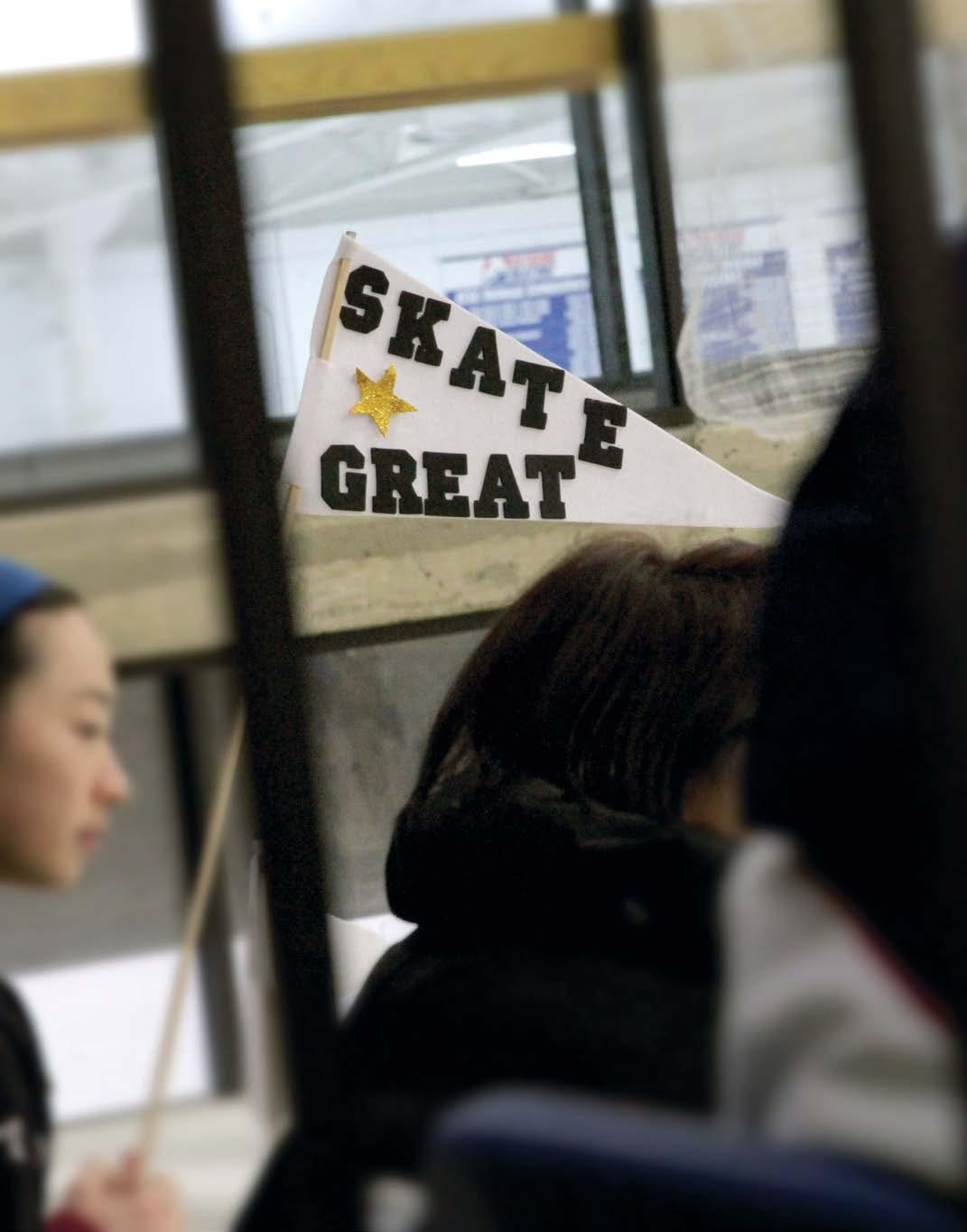
• Work together to make a plan of action for speciality programming, recitals, and shows in the future and ensure you are both on the same page for how that athlete can participate using their chosen pronouns.
When talking with your coaching colleagues, apply similar principles. Be open, honest, and transparent, and understand that this may be unfamiliar to the person asking questions. In my own experience, coworkers have asked questions to genuinely seek a clearer understanding of the situation, especially if there are language or generational barriers. Again, there can often be fear in the unknown. I thanked them for taking the time to make themselves vulnerable, shared what I had learned, and explained that
there was still a lot that I did not. Together, we had a fruitful conversation and both walked away feeling better equipped to make our rink a more inclusive one.
Utilizing the People and Resources Around You

While I consider myself an ally to the LGBTQ+ community, I also acknowledge that there is still a lot I don’t know or understand. With another athlete, I had a conversation that went something along the lines of: “The good news is that the sport as a whole is becoming more aware. There are a lot more pathways and opportunities now than there have ever been, and there are a lot of people in our community who are here to support you. But there is still work to be done, and I don’t have all the answers. Let me reach out to my network and get more information.” When you don’t have all of the answers, that’s okay! By being open and transparent, you can demonstrate your willingness to learn and that you care about that person’s wellbeing.
Utilize your colleagues around you and the greater network of coaches within the PSA and other organizations. Undoubtedly, another coach has also experienced similar situations and will have valuable insight. I also reached out to PSA’s Diversity, Equity, and Inclusion (DEI) committee and was able to have positive, candid conversations on how to best support my athletes. Finally, utilize your rulebooks and reach out to that organization to clarify anything that you may be unsure of. Keep in mind that like many other aspects of figure skating, rules surrounding participation as a LGBTQ+ athlete are constantly changing; as coaches, it can be difficult to navigate, but by understanding the latest rules, we are better equipped to support all athletes.
Conclusion
In order to be truly inclusive, as coaches we must always be working to raise the bar. Positive and transparent conversations with each other, with our directors, and with our athletes are paramount to creating an inclusive environment. Sometimes these conversations might feel uncomfortable at first, but by keeping an open mind and a growth mindset, we can lean into these experiences as moments of growth. As coaches, we are often the people who athletes look up to; it is our job to listen, to act, to learn, and to empower.
Hayley Chamberlin (SM, RG, RFS, RPD) is the Learn to Skate Director for the Figure Skating Club of Minneapolis. She is a member of PSA, U.S. Figure Skating, and ISI, and has taught in a variety of learn to skate programs since 2010. She holds a B.S. in Kinesiology (University of Michigan) and an M.Ed. in Kinesiology (University of Minnesota).
PS MAGAZINE 21
Jonathan Hayward (MG, MM, MFS, CPD, CD, RP) is the subcommittee chair for Group Coach ratings
About us A word from Scott
Sk8 to Elimin8 Cancer™ is the nationwide peer-to-peer fundraiser for the Scott Hamilton CARES Foundation, empowering the community to join the fight against cancer by funding critical research





Host a Frozen 5k or Ice Show as a fundraiser
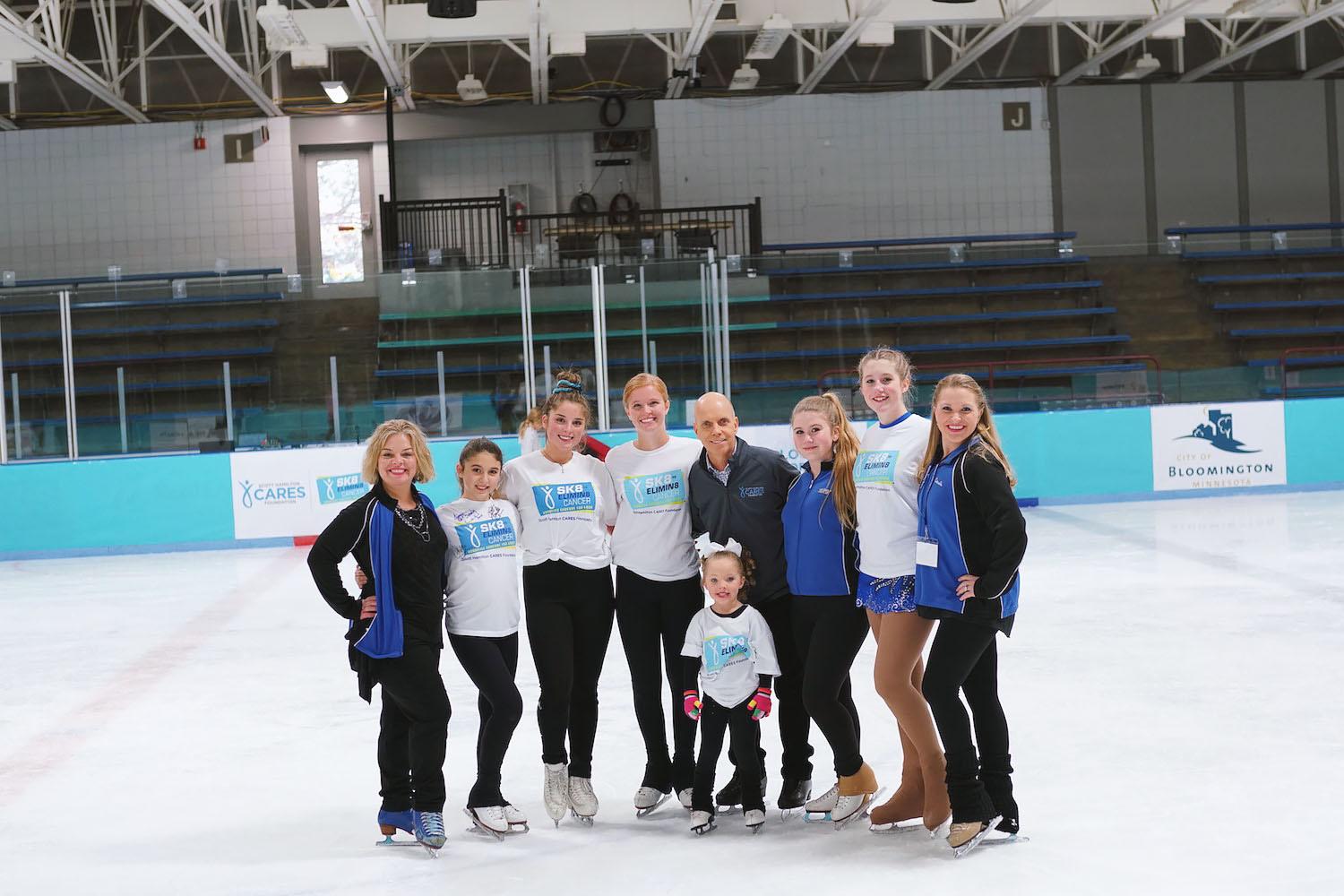
“I see a day where everyone survives cancer. A day when no one suffers their way through their treatments. Our body holds the keys to surviving this insidious disease, and only through the research we are funding that we can unlock the keys to a much brighter futurea future celebrating survivors.“ - Scott

Raise funds for cancer research and receive fundraising rewards at the end of the event
 Hamilton
Hamilton
Honor those impacted by cancer and skate towards a better future for the next person diagnosed
an event Find an event near you today! near you today!
us to learn how Email us to learn how you can host an event! you can host an event! fundraise scottcares org │ info@scottcares org│844 SCOTT84 │ PO Box 680483 Franklin TN 37068
Find
Email
Culturally Diverse Nutrition for Skaters
By Julianne Pondelli SSS, CFS, RG
As coaches, we work with skaters from a variety of different cultural and religious backgrounds. Part of our responsibility is to be sensitive to our skaters’ cultures and traditions celebrated at home. Eating is often at the center of holidays and celebrations. Food can also be a major component during times of grieving, family gatherings, and other religious traditions. Food is intrinsically connected to both culture and religious tradition, and therefore, can also be linked closely with emotions.
In terms of food, there are as many different traditions as there are cultures and religions. Different cultures from around the world have different staple ingredients and spices, comfort foods, and “go-to” meals. Sometimes, a skater may have temporary or permanent dietary restrictions for religious purposes. Being aware of these types of factors can help coaches ensure that their athletes are still able to maintain a healthy and balanced diet within the bounds of that person’s identity.
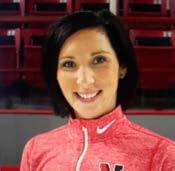
While understanding what types of foods a skater can and cannot consume is important, it is also important to consider how much food is being consumed, too. In many cultures, it is important that families spend time together each week over large meals. Or, perhaps you work with a skater who might observe fasting at certain times of the year for religious or spiritual purposes. Not only do these types of scenarios affect when a skater is able to physically be on the ice, but varied levels of food consumption may also affect their energy levels or their ability to perform on the ice. Coaches who are aware of these factors can plan ahead more effectively, in a more sensitive manner.
When making individualized nutrition plans, being sensitive to cultural and ethnic foods is imperative to ensuring that the athlete is well nourished. Access to traditional foods can keep an athlete feeling secure; for athletes traveling to a different country for training or competitions, it can also help ensure a healthy gastrointestinal system. Helping athletes to find food stores or restaurants where they can find familiar foods can ensure that the athlete is wellfueled and can prevent unnecessary weight loss. Some religions observe fasting, which can be a balancing act. Fasting or abstaining from certain foods is part of many religious traditions. No matter the religion or holiday, we should strive to understand,
honor, and respect our athletes’ beliefs and traditions. Here are some common religious holidays that your skaters might observe, and the way that it could potentially affect their diet:
Yom Kippur: During Yom Kippur, observers fast for 25 hours with no food or drink. Keep in mind, however, that a skater who observes Yom Kippur may also be absent from the rink during this time, so this fast may not greatly affect the athlete.
Passover: Passover restricts rice, corn, wheat, and barley for eight days. During this time other options that observing athletes can fuel on include loading up on nutritious vegetables and kosher-friendly quinoa.
Lent: During Lent, observers often give up consuming certain foods, and they may not eat meat on Fridays during the Lenten season. It is important for athletes who may be limiting their meat intake on certain days to increase their protein through fish or alternative plant-based options, such as beans, tofu, or lentils.
Ramadan: During Ramadan, observers will fast from sunrise to sunset. As such, observing athletes may struggle with fueling during daylight hours. One strategy that may be helpful is to consume a breakfast of slow releasing carbohydrates and protein before sunrise. Another strategy would be to break the fast at sunset with a quick source of carbohydrates and fluids, followed by a larger meal of higher fiber carbs and protein.
When coaching athletes who may be fasting or limiting their diet, it is important to keep a watchful eye. Ensure that the athlete is fasting in a safe way that is appropriate for training, ensure that they are fasting or restricting for the right reasons, and keep an eye out for symptoms of hypoglycemia or dehydration. For religious celebrations where observers fast over an extended period of time, some extra planning and preparation may be necessary.
Ultimately, by taking the time to educate ourselves on different cultural and religious practices, we can help ensure that our athletes feel safe and seen, both physically and emotionally.
PS MAGAZINE 23
SPORT SCIENCES NUTRITION
EDUCATION
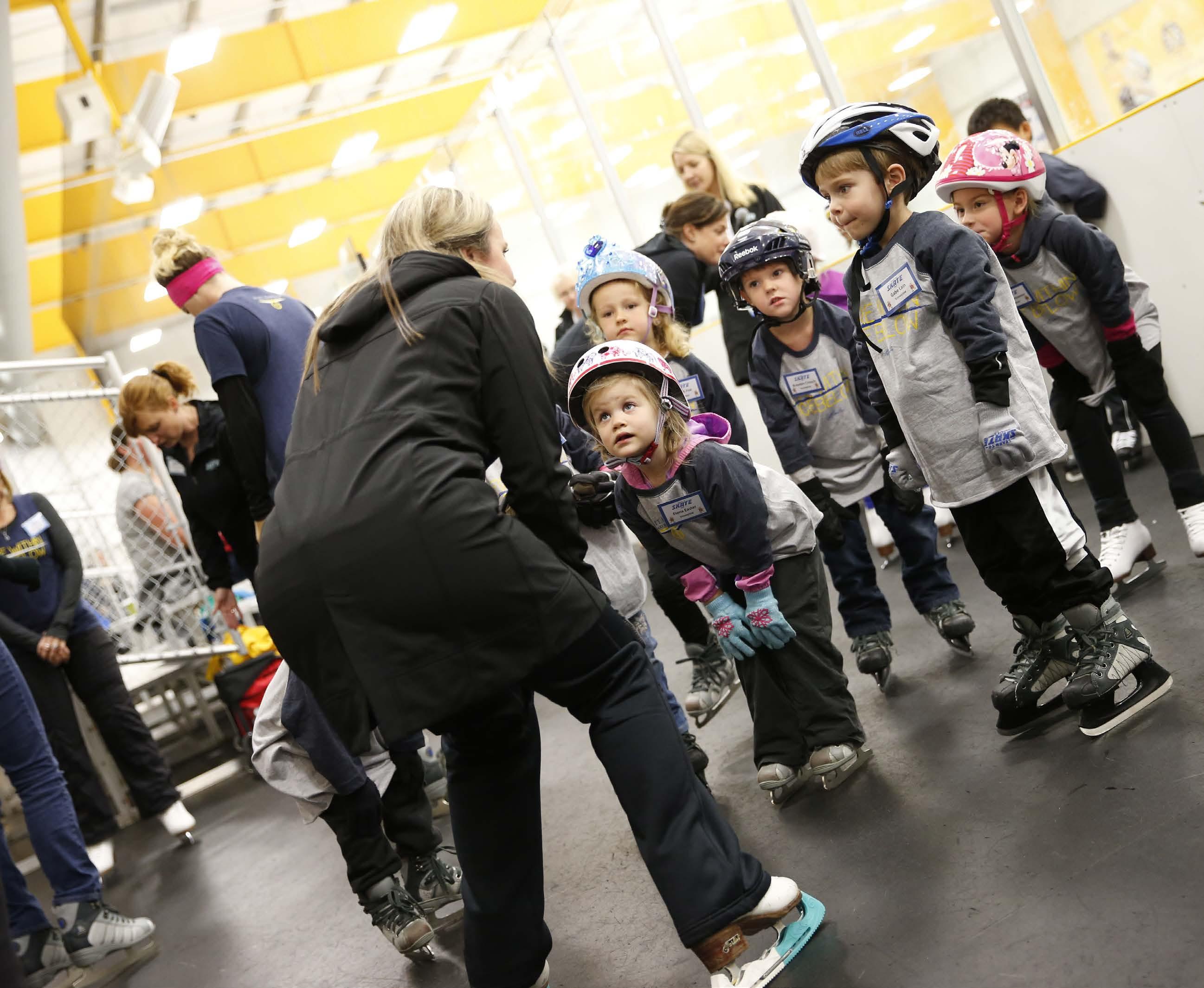
For the coaches. The Professional Skaters Foundation was founded to expand the educational opportunities of PSA members through a non-profit, charitable foundation. Visit skatepsa.com for more information. All contributions are tax-deductible. A Community that Cares
Officers, Board Members and Trustees
PRESIDENT Patrick O'Neil

VICE PRESIDENT Carol Murphy
TREASURER Scott McCoy
SECRETARY Gerry Lane
BOARD MEMBER
Paul Wylie
Carol Rossignol
Tim Covington
Kelley Morris Adair
Jill Maier-Collins
TRUSTEE
Richard Dwyer
Robbie Kaine
Wayne Seybold
Moira North
Curtis McGraw Webster
Skaters' Fund –
Donation Levels:
• Platinum $10,000+
• Diamond $5,000+
• Gold $1,000+
• Silver $500+
• Bronze $100+
Recognition opportunities for donors available
The Professional Skaters Foundation was founded to expand the educational opportunities of PSA members through a 501(c)(3) non-profit, charitable foundation. The trustees of the PSF have developed several scholarship programs for its members through a selection process based on established guidelines and criteria, and the Skaters’ Fund assists all coaches and performing skaters who need financial assistance due to sickness, disability or age.
All contributions to the Foundation are subject to IRS rules regarding eligibility requirements. Your generous gift may be 100% tax deductible.
www.skatepsa.com/foundation
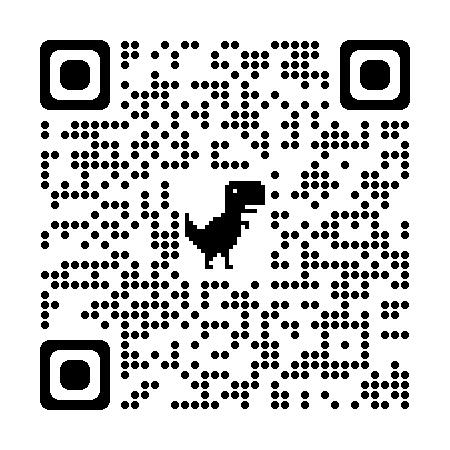
PROFESSIONAL SKATERS FOUNDATION

Invest in Each Other—Invest in our Skating Family
By Patrick O’Neil (MM, MFS)
The PS Foundation is proud to assist coaches and performing skaters with educational scholarship opportunities and at times when they find themselves in financial need due to illness or disability. We appreciate your continued support of our mission.
Over the years, The Foundation has provided thousands of dollars in assistance. The PS Foundation is proud to support the coaching community and, while we look for donations from many places, we depend directly upon the generosity of the same coaching community the PS Foundation seeks to help.
If you or your business currently support The Foundation, thank you! Your colleagues are grateful for your donation, regardless of the dollar amount.
If you have never made a donation to The Foundation, we hope you will consider doing so today. Reaching into your local skating community and ice rinks to ask them to support our mission would be another way for you to contribute. Perhaps your figure skating program would like to donate to the foundation? All donations go back directly to the coaching community, and your donation is tax deductible.
More information on the PS Foundation, its scholarship opportunities, and how to donate can be found online at www.skatepsa.com/foundation.
Thank you for your continued support. Patrick
donate via PayPal! PS MAGAZINE 25
O’Neil It easy to
The PSA is truly a special organization. It doesn't matter where in the world you live...as members of the PSA, we are all part of the same community. In this new section, we celebrate that community. We encourage you to celebrate with us and join the conversation!






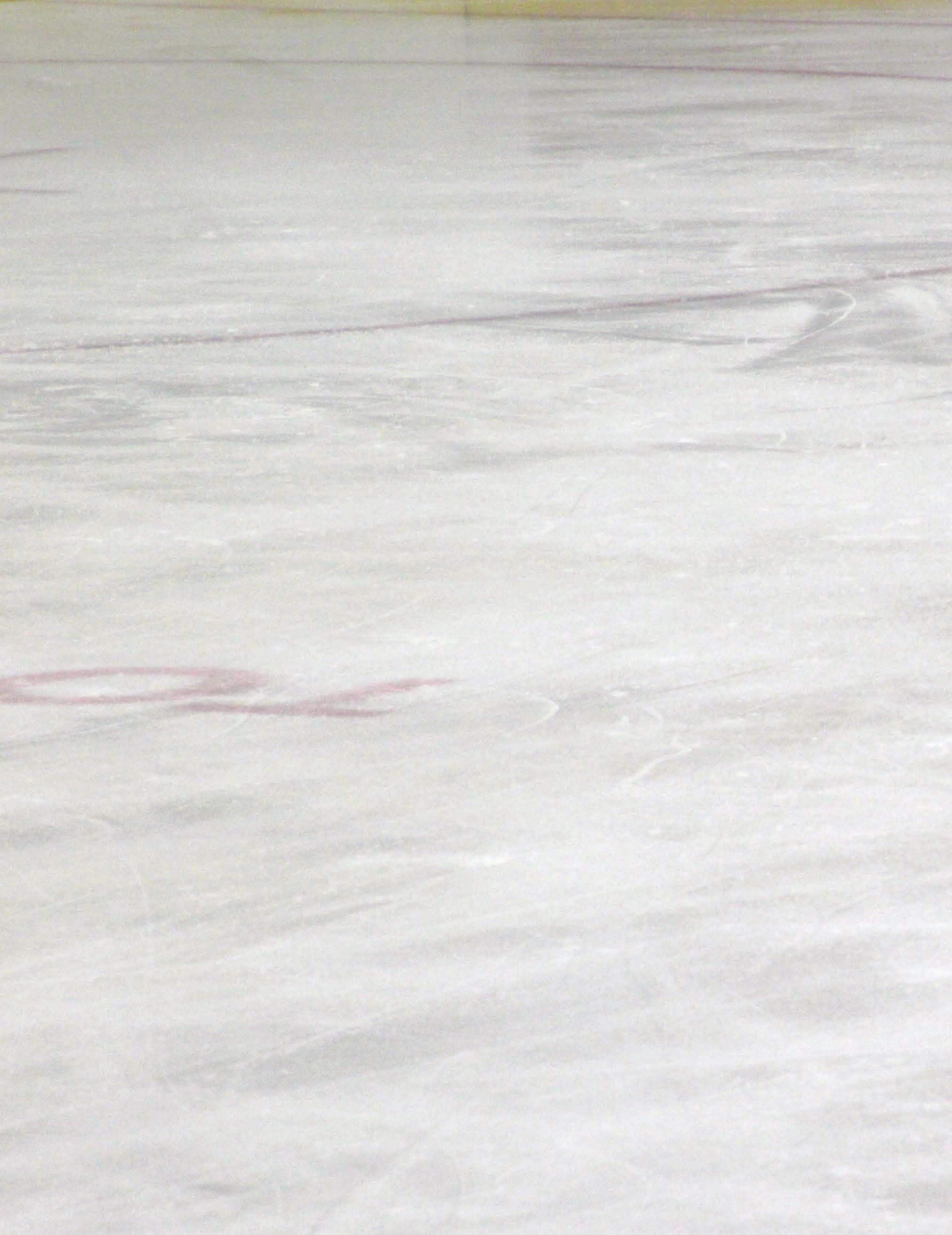
COURTESY OF U.S. FIGURE SKATING MAY/JUNE 2023 26
New Members
NEW MEMBER SPONSOR
Celina Ackerman
Lynciemae Adams
Will Annis
Camila Antillon Novelo
Luis Arrieta
Oleksil Beletsky
Tia Bell
Caroline Bernardoni
Amy Black
McKenzie Brouk
Tracy Burton
Melania Butko
Clare Cahill
Sarah Canfield
Sage Carni
Kathryn Cochran
Kari Coler
Eduardo Cruz
Tracey Dispensa
Viktoriya Drazdova
Alexandria Ducey
Jack Estfan
Allison Gallagher
Rachel Geib
Robert Goodwin
Tatiana Haas
Carly Hausner
Volodymyr Horovyi

Laura Julio
Astrid Kaisner
Hailey Kasper
Lilly Klingsporn
Angela LaMere
Taylor Lance
Gretchen Lentz
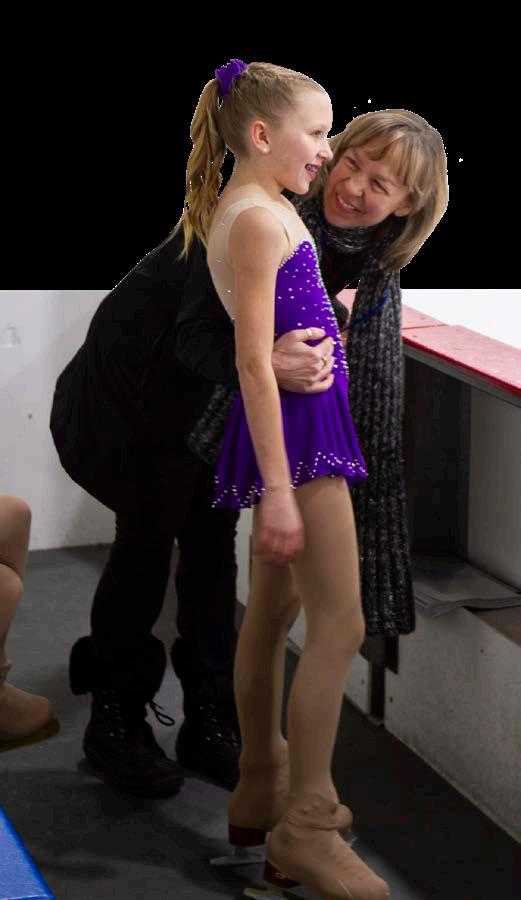
Alicia Lin
Victorija Litavniks
Jacqueline MacDonald
Danica Medina
Sarah Muhl
Sydni Nikolai
Gregorio Nunez
Lauren O'Neill
my name is


Jimmie Santee
Elise Falconer
Amanda Farkas
Mariel Davila Moreno
Marisol Paiz
Igor Lukanin


Karen Wiesmeier
Anita Carrano
Jimmie Santee
Jimmie Santee
Jimmie Santee
Jimmie Santee
Jimmie Santee
Marylill Elbe
Joelle Forte
Shira Selis
Jimmie Santee
Marisol Paãz
Stacie Kuglin
Vitaliy Danylchenko
Jimmie Santee
Erin Banner
Jimmie Santee
Katie Luburich
Kimberly Navarro
Lisa Ware
Tara Castagna
Johnny Johns.
Leanne Abugov-Schaller
Jenni Flores
Mindi Swallow-Priskey
Allye Ritt
Jimmie Santee
Camille Pitman
Sarah E. Bott
Jason Wong
Jimmie Santee
Katerina Tetzlof
Jennifer Brown
Ladelyn McConnon
Teri Haag
Kristin Harris Alberico
Shay Sterlace
NEW MEMBER SPONSOR
Taylor Partridge
Avery Perel
Viacheslav Peshkilev
Signe Ronka
Skyler Rupp
Lily Samuels-Shragg
Alexis Semanskee
Margaret Skyles
Judith Sokol
Catherine Spale
Katie Thatcher
Elsa Wagnon
Xinhui Wang
Jessica Wilson
Ella Wingler
Wenlu XIE
Hannah YI
Campbell Young
Ian Zachary
Suzanne Bauth
Jimmie Santee
Andrey Keforenko
Valory Thompson
Rachel Nevares
Michelle Hocknell
Jimmie Santee
Jimmie Santee
Jimmie Santee
Katie Holmes
Denise Cahill
Rebecca Cacioppo
Ann Endres
Jimmie Santee
Mary Anne Williamson
Ann Endres
Jimmie Santee
Jimmie Santee
Michael Villarreal
Do you know coaches who are new to the profession?
Help them get a head start on their coaching career, and encourage them to join PSA!

PS MAGAZINE 27
“Champion of the World”called a “Coward”
AXEL PAULSEN

Skating History
Newsclipping: January 8, 1890— Fergus Falls Ugeblad CHRONICLING AMERICA, LIBRARY OF CONGRESS.


Photos: Oslo Museum
By Bruce Poodles
Our saga last ended at the conclusion of a major race between Axel Paulsen and Rudolph Goetz. The race, which ended in legal troubles for both races, drew a major crowd and caused a media frenzy. Here’s what happened next…

Several weeks after the big race between Axel Paulsen and Rudolph Goetz, Paulsen’s manager, W.W. Wettelson, telegraphed Rudolph Goetz and W. E. Gooding that he had made arrangements for a rematch between Paulsen and Goetz at the Schlitz Rink in Milwaukee.
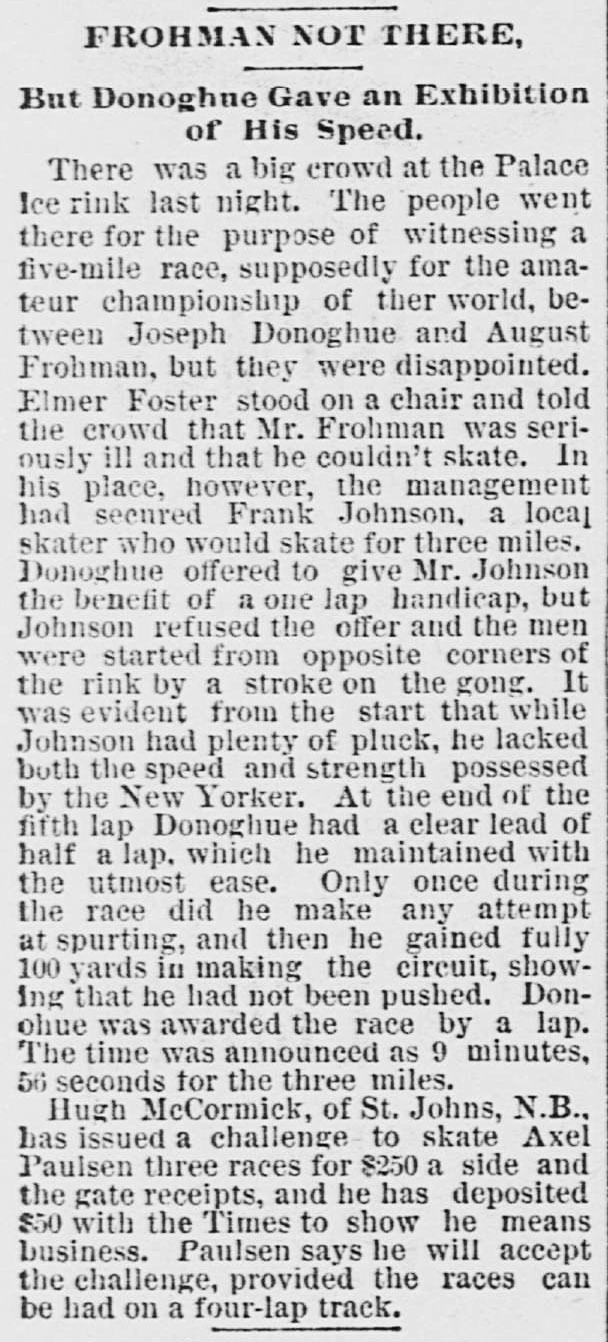
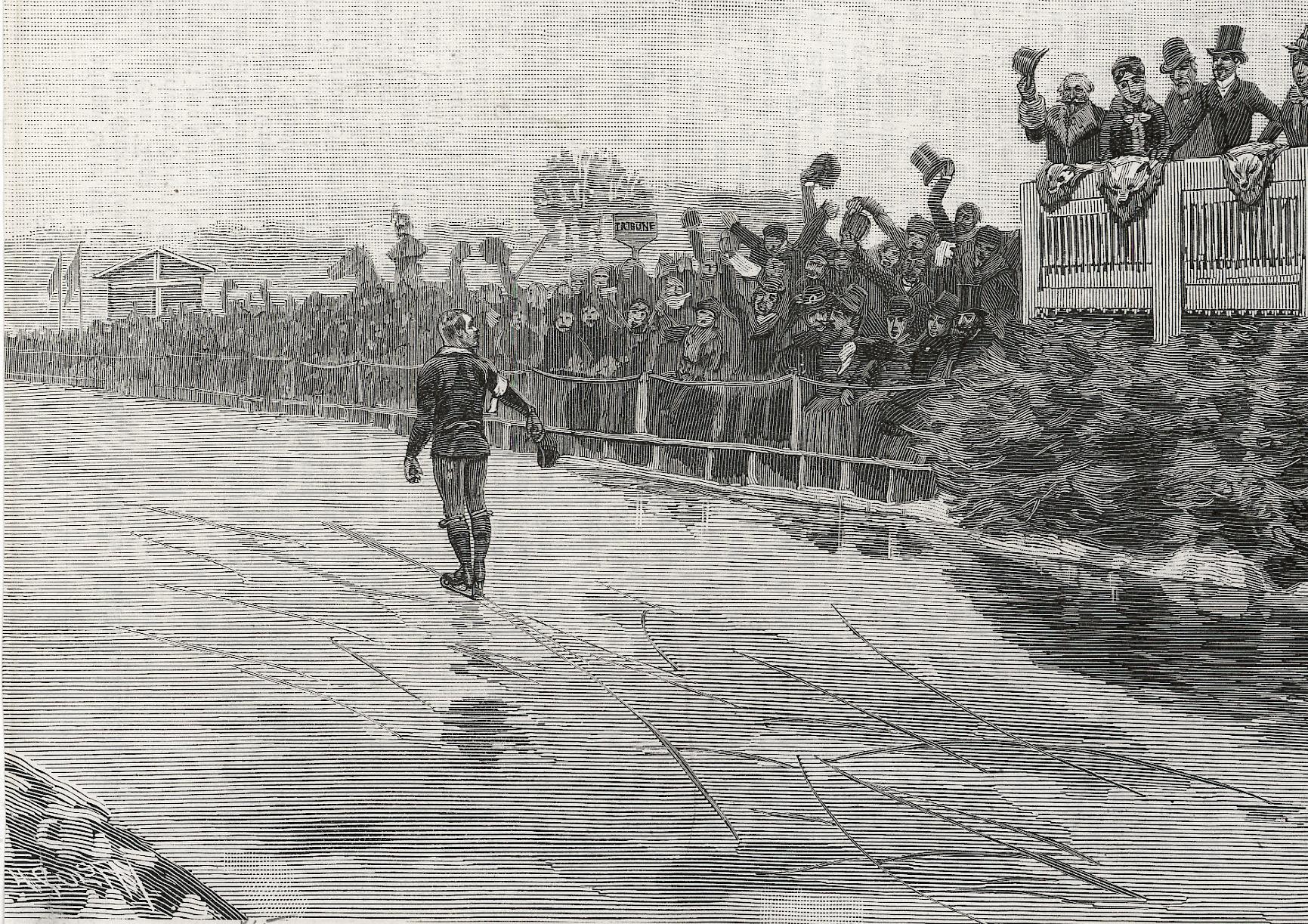
Part 2
MAY/JUNE 2023 28
which was highly amusing and provoked numerous bursts of laughter. Paulsen then gave a very fine exhibition of fancy skating. A Miss Mabel Davidson of St. Paul, Minnesota surprised everyone by the graceful way in which she performed the most difficult feats of fancy skating. To end the day, Goetz and Paulsen skated a mile, with Goetz skating forward and Paulsen backwards. For unknown reasons, Goetz quit on the second lap while Paulsen finished the mile in the remarkably fast time of 2:48. The following day, Paulsen participated in a race with Fritz Lohr for $200 a side before leaving for his 20-mile rematch with Goetz in Milwaukee.
In early February 1889, W. E. Gooding, former manager of the Minneapolis Baseball Club, became Axel Paulsen’s new manager. Through the newspapers, Paulsen issued the following challenge to other skaters:
“I will skate any man in America for any distance from 5 miles up to 100, on a track not to exceed six laps to the mile, for $250 to $500 a side and the entire gate receipts, and will allow the loser $50 for expenses if he has to come less than 400 miles.”
The challenge issued by Paulsen produced considerable excitement in skating circles in all parts of the country. Gooding began to receive a great deal of correspondence from a number of fast skaters across the country, but declared Paulsen would not skate against anyone without money being put up first. While waiting for challengers, Axel gave exhibitions of fancy skating at several of the rinks in the city.
Several challenges were made, but only Captain Johnson of Duluth faced him. Racing at the West End Rink, Paulsen easily defeated Johnson in a five-mile race, even after giving Johnson a head start of 750 feet.
One of the most persistent challengers was Hugh J. McCormick, a Canadian from St. Johns, New Brunswick. McCormick wanted Paulsen to come to St. Johns to skate upon an eight-lap rink. Paulsen, however, demanded McCormick put up cash and come to Minneapolis where there were more tracks not more than six laps to the mile. Although challenges continued to be published in the papers, Minnesota weather became more mild, ending the skating season. No races had been planned.
When Axel Paulsen had first come to Minneapolis, he had only intended to visit the city. Eventually, however, he decided to stay put and sent for his wife, who arrived in the latter part of April. Shortly after, Paulsen opened a cigar factory with J.J. Molstad on Cedar Avenue in Minneapolis. Paulsen spent the spring and summer months performing exhibitions of fancy roller skating and running his new business venture.

As the next winter rolled in, Elmer Foster, skating manager at the ballpark in South Minneapolis,
received a telegram from Hugh McCormick indicating that would arrive in Minneapolis before the New Year and would like to meet Axel Paulsen as soon as possible. The telegram also stated that he accepted Paulsen's challenge to skate for $1,000 a side, plus the gate receipts. The distance was to be over 10 miles, and he would meet Paulsen at the Palace Rink on New Year's Day.

However, once McCormick arrived in the Flour City, Paulsen seemed to retreat from his previous statements. McCormick was quoted in the Minneapolis Tribune on December 24, 1889:
“I've been following him to get a race for the last five years and up to date, I haven't succeeded in getting at him. This time I'm going to make him skate or acknowledge me the faster man. I don't say I can beat him, but I'll bet all the money I have, and I have friends who have lots more, on a race with him. I have come all the way from New Brunswick to meet him and now he wants me to concede everything. I am willing to do everything for a race, but I'd like to see him show a little spirit of a true skater. He's not the champion of the world because he has refused to skate me, and I have beaten his time in every instance.”
The following day, the two attempted to meet and arrange a race. Paulsen contended that as he was champion of the world, McCormick would have to concede to his terms. McCormick disagreed and claimed that Paulsen was not the champion of the world, claiming that he had forfeited that title when Paulsen refused to skate against him four years ago.
Although Paulsen claimed not to recall that McCormick had offered to skate against him at the time. McCormick, who came armed with newspaper clippings, proved his case: Paulsen evidently wanted

PS MAGAZINE 29
Axel Paulsen with his wife, Catherine. Oslo Museum
nothing to do with the Canadian. McCormick, who saw it useless to attempt to make a match, left. Paulsen and his friends also left amid cries of, “You're a coward!” and several other similar expressions.

McCormick went directly back to his hotel and wrote the following challenge:
“Owing to the fact that I was unable to arrange a match with Axel Paulson today, I hereby Issue the following challenge: I will skate him three races for $1250 a side and two-thirds and one-third of the gate receipts each race, the first race to be five miles and to occur Jan. 15, the second 10 miles, to occur Jan. 22, and the third 15 miles, to occur Jan. 21. These races to occur at the Palace rink this city, the track 7 1/2 laps to the mile. If he refuses to accept above terms I will skate him one race of five miles, to occur on the same track January 25, for $500 a side and gate receipts as above stated. I expect an answer to these challenges within three days.Hugh McCormick, Champion speed skater of America.”
Paulsen, however, chose to ignore McCormick's challenge and issue one of his own. He challenged any man in the world to skate a race, between 10 and 100 miles, for $2,500 a side, with the race to occur on a track that was not more than four laps to the mile. Initially, Paulsen said in his first challenge, that he was willing to skate any distance above five miles. Paulsen now evidently desired the race to be a contest of endurance rather than of speed, and with the longer tracks minimized the number of corners.

Finally on December 31, newspaper headlines read, “They Will Skate.” It was announced that Paulsen and McCormack would compete in a three-race series. The first would be a 15-mile race on a small track that was seven and one-half laps to a mile at the Palace Rink. The second race would be five miles long. If needed, a third would be ten miles long and would take place at a location picked by Paulsen.


Fully 5,000 people witnessed the skating race between Axel Paulsen, and Hugh McCormick on January 1, 1890. The agreed upon stakes - $250 a side, and 65 and 35 per cent of the gate receipts. The course itself was not roped off, but four chairs set on the ice marked the
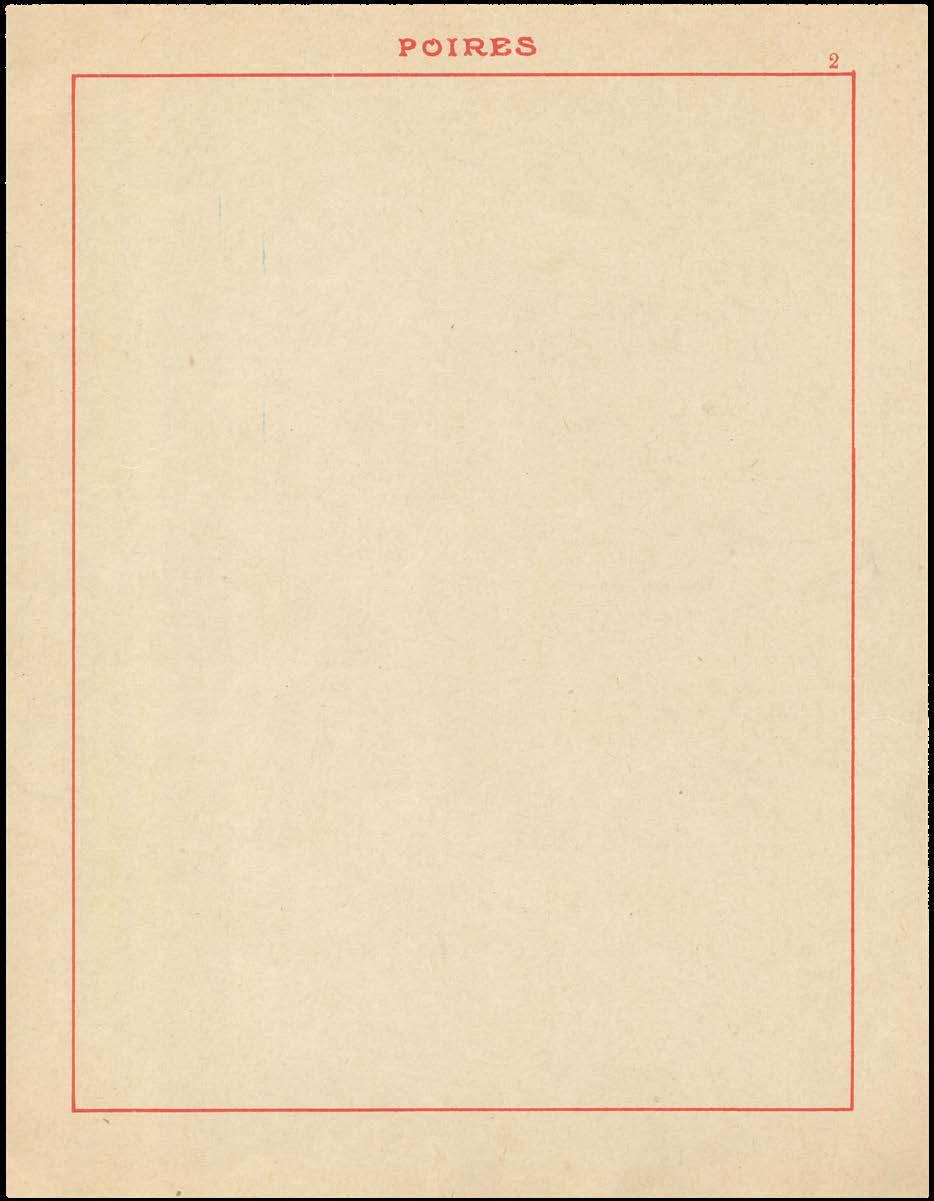
Newsclipping: CHRONICLING AMERICA, LIBRARY OF CONGRESS. MAY/JUNE 2023 30
"...he now knows his man and confidently expects to win."
track the men were to skate. The considerable bad blood that existed between the two men for several years, only added to the hype. At the crack of the pistol, the men got away together with McCormick taking the lead for the first few laps. As Paulsen took the lead, there was only a second between them as they made it past the first five miles. Each skater would match the surges of the other until the pistol cracked again signaling the final lap.
On the first quarter of the final lap, McCormick spurted and forged ahead of Paulson, setting a terrific pace, and he was rapidly drawing away from Paulsen, when an “accident” happened which prevented him by any possibility from winning. The St. Paul Daily Globe reported, “…in making a short turn McCormick ran into one of the chairs and went down all in a heap. Before he could recover himself, Paulsen had swept past him and had trained half a lap and crossed the line a winner…”
The Minneapolis Tribune published a different story: It seems very curious that the chair after remaining at the side of the track while the two skaters made 111 laps should fall without aid from human hands at a time so critical. There are at least 50 spectators who declare they saw the chair thrown, yet none of the 50 can remember a single detail of the appearance


of the man alleged to have thrown it. There are some also who insist that the chair came from the inside of the track, but a Tribune reporter was at the scene of the accident within half a minute after its occurrence and gained sufficient facts to warrant the statement that it came from among the spectators gathered near the entrance to the ladies' waiting room. It might have fallen, however, without aid from anyone. Nevertheless, the chair played the star part in the race, and to its timely appearance Axel Paulson may credit considerable of his victory.
The Decatur Daily Despatch wrote, “…McCormick spurted gaining about ten yards when a chair was thrown across the track causing him to sustain a terrible fall. He regained his feet and made a desperate effort to overtake Paulsen, the latter winning by the narrow margin of a couple of feet. A protest was made against paying the stake money, $250.”
McCormick took his defeat philosophically and says it was due to an unavoidable accident. He also says he now knows his man and confidently expects to win.

NOTE : The Premier Membership that was offered in the 2022-23 season is not available for the 2023-24 season. AVAILABLE CATEGORIES: Basic • Community • Professional Visit our Membership page for all the membership category benefits and details. SKATEPSA.COM Renew by July 1 to avoid a lapse in membership. PSA Membership Renewal is open. Renew now! PS MAGAZINE 31
Stay tuned for Part 3! PLEASE
The BEAUTY of “YET” in FIGURE SKATING
By Stephen Chasman, MM CF RC; Lia Billington, Psychologist; and Nick Kraft, RF CM MG MPD
Whether you’re a coach or a counselor, there is great power in the word “yet” to anticipate and build success. The beauty of this simple word is that it is a growth-mindset encapsulated in only three letters. A positive mindset allows one to decrease frustration, ignore distractions, and build skills.
I first realized how much I absolutely loved this word when I was coaching a young student who would often get frustrated when not grasping a certain element immediately. One day in our lesson, she quickly exclaimed, “I can’t do that jump combination!” I knew all I had to do was say one word: “Yet. You can’t do that jump combination yet.” She had no argument, no pushback. To argue with that would be admitting one’s limitations or proclaiming defeat.
By saying the word “yet” I conveyed three very important things to my skater:
I understand that you are not doing what I want you to do right now, and that’s okay. I believe in your potential and ability to work towards this skill. We are going to cooperate towards this goal as a team.
These meanings underlie the tone of how the coach says “yet,” but the concepts may need to be explained to the student.
Individuals with growthmindsets see their current abilities and knowledge as resources and potential, and then look for opportunities to cultivate them. For example, an individual with a growth-mindset might say, “I am having a tough time with the double loop today. I will work on some of the exercises my coach has given me and it will be better. As I do that,
I will feel more confident.”
In contrast, a skater with a fixed-mindset may feel stuck, as they see their abilities and the world around them as static. In this case, the student may say, “I will never be able to get this Axel!” This is clearly a much less productive self-talk. This type of internalized negative self-talk is a self-fulfilling prophecy that happens more often than we know.
It is up to us as coaches and teachers to get into the brains of these athletes and students to help them notice every opportunity as a possibility for “yet.” For example, on many days I catch my students using dialogue that is not the most positive or outright negative. “I can’t control that deep of an edge,” they may complain. When this happens I will immediately add the word “yet” to their statement, or on
A
NOTE FROM THE EDITOR: After reading the last issue of PS Magazine, “The Power of Why,” I was contacted by one of the authors below who wanted to further contribute to the discussion surrounding the concept of a “growth mindset” and its application to sports coaching. We would like to extend a sincere “thank you” to the authors for their time, enthusiasm, and contributions to this continuing discussion.
MAY/JUNE 2023 32
YET
many occasions I reframe their statement entirely, making sure to use positive self-talk about things they need to do to make the goal or skill happen. “Your edge control is stronger than it was a month ago. Keep trying and you’ll see and feel improvement with time,” I’ll tell them.
Students can be taught to encourage themselves with the “yet” technique. Dr. Lia Billington started skating at age 59 and is now at the Bronze dance level 5 years later. She learned the power of “yet” from her years working with special needs students, and then applied it to herself. “When I catch myself saying, ‘I will never be able to do that dance,’ I replace that with ‘I have not learned to do that dance, yet.’”
Teaching individuals with health restrictions is another opportunity to shape thoughts and skills utilizing “yet.” Their conditions may make obtaining a skill more challenging than a typical skater. Additionally, adult skaters may find more frustrations in elements that children find easier. A lot more is on the line for an adult when they fall. For example, an outside Mohawk can often be a challenging skill for adult skaters. An effective counter to negative self-talk may be, “You may not have that outside Mohawk sequence yet, but I notice your hard work, and see improvement every lesson.”
Psychologists often help people replace automatic negative thinking with more self-directed responses. Martin Seligman, PhD studied a phenomenon called “learned helplessness” for years until he realized that optimism could also be learned. In his books, Learned Optimism (2011)
and The Optimistic Child (2007), he teaches techniques to build optimism and resilience for individuals, parents, and teachers. He argues that regular practice of positive predictions (similar to “yet”) actually changes the brain functioning of individuals who used to think negatively. The differences between “growth mindsets” and “fixed mindsets” are further explained by Carol Dweck (Mindset, 2006).
When applied to skating, where falls or failures can be both painful and embarrassing, it is easy for some students to acquire a negative mindset. In fact, neuropsychologist Rick Hansen (Hardwiring Happiness, 2013), argues compellingly that the human mind goes far more easily to the negative than the positive. So, a scared skater may really have to work at acquiring a growth-mindset and positive outlook. These psychologists teach that optimism is a skill that can be learned, although some individuals are more naturally hopeful.
One way to foster optimism in your athletes is to catch and recognize automatic negative thoughts, and develop a “replacement thought” that is
either more optimistic, or, at least realistic. The coach’s optimism can buoy a skater through a wave of discouragement. One adult skater recently told Dr. Billington, “My coach believes in me when I don’t even believe in myself.” If internalized, that belief can push our athletes to their maximum capabilities when they feel they can’t go any further.
So many skills in skating just take time to acquire and perfect. Whether I am teaching a 12-yearold a double Axel or an adult ice dance with a faster tempo, the beauty of “yet” is reminding your student and yourself to remain patient. Enjoy the process and the results will come!
For further reading:
Dweck, Carol S. Mindset: The New Psychology of Success. Ballantine Books trade pbk. ed. New York: Ballantine Books, 2008.
Seligman, Martin E. P. Learned Optimism: How to Change Your Mind and Your Life. 1st Vintage Books ed. New York: Vintage Books, 2006.
Seligman, Martin E. P., Karen Reivich, Lisa Jaycox, and Jane Gillham. The Optimistic Child: A Proven Program to Safeguard Children against Depression and Build Lifelong Resilience. 1st Houghton Mifflin pbk. ed. Boston: Houghton Mifflin Co, 2007.
You can do this, one day!
E xpect effort to get results.
PS MAGAZINE 33
Tomorrow is another day, keep at it!
2023 Coaches Honor Roll

U.S. FIGURE SKATING CHAMPIONSHIPS

Senior Men
1 Ilia Malinin, Washington FSC Roman Skornyakov, Tayana Malinina, Rafael Arutyunyan
2 Jason Brown, Skokie Valley SC Tracy Wilson, Karen Preston
3 Andrew Torgashev, Panthers FSC Artem Torgashev, Rafael Arutyunyan
4 Maxim Naumov, SC of Boston Garrett Lucash, Vadim Naumov, Adam Blake
Senior Pairs
1 Alexa Knierim/ Brandon Frazier Todd Sand, Jenni Meno-Sand, Christopher Knierim

2 Emily Chan/ Spencer Howe Aleksey Letov, Olga Ganicheva
3 Ellie Kam/ Danny OShea Drew Meekins
4 Sonia Baram /Daniel Tioumentsev Jenni Meno-Sand, Todd Sand, Christopher Knierim, Christine Fowler-Binder
Senior Dance
1 Madison Chock/ Evan Bates Patrice Lauzon, Marie-France Dubreuil, Romain Haguenauer

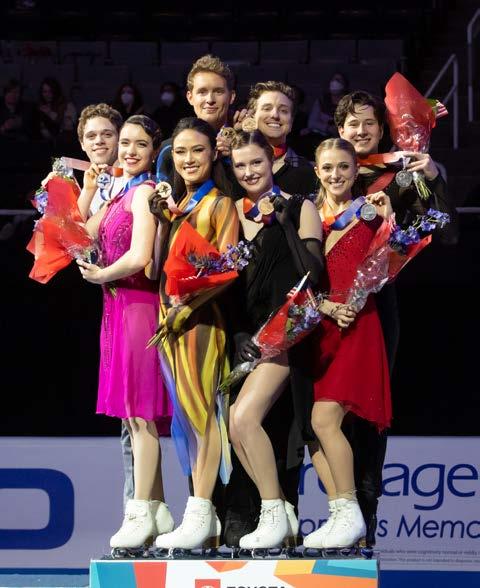
2 Caroline Green/ Michael Parsons Charlie White, Greg Zuerlein, Tanith White
3 Christina Carreira/ Anthony Ponomarenko Scott Moir, Madison Hubbell, Patrice Lauzon
4 Emilea Zingas/ Vadym Kolesnik Igor Shpilband, Adrienne Lenda, Pasquale Camerlengo, Natalie Deller
Senior Women
1 Isabeau Levito Yulia Kuznetsova, Vyacheslav Kuznetsov
2 Bradie Tennell Benoit Richaud, Cedric Tour
3 Amber Glenn Damon Allen, Tammy Gambill
4 Starr Andrews Derrick Delmore, Ivan Dinev, Peter Kongkasem, Jonathan Cassar, Anastasia Sharenkova, Anglea Nikodinov
Senior Synchro
1 Haydenettes Saga Krantz, Lee Chandler, Ashley Tomich
2 Miami University Senior Varsity SST Carla DeGirolamo, Lee Ann Shoker, Kelley Morris Adair
3 Skyliners Josh Babb, Pamela May
4 Teams Elite Danielle Ostrower, Jamie Whyte, Shannon Jahrling
U.S. JUNIOR FIGURE SKATING CHAMPIONSHIPS

Junior Men
1 Lucas Broussard
Darin Hosier, Corrie Martin
2 Jacob Sanchez Oleg Makarov, Larisa Selezneva
3 Robert Yampolsky
4 Daniil Murzin
Junior Pairs
1 Ellie Korytek/ Timmy Chapman
2 Naomi Williams/ Lachlan Lewer
3 Lilianna Murray/ Jordan Gillette
4 Olivia Flores/ Luke Wang
Junior Dance
1 Leah Neset/ Artem Markelov
2 Helena Carhart/ Volodymyr Horovyi
3 Jenna Hauer/ Benjamin Starr
4 Elliana Peal/ Ethan Peal
Junior Ladies
1 Soho Lee
2 Keira Hilbelink
3 Elyce Lin-Gracey
4 Sherry Zhang
Junior SYNCHRO
1 Skyliners
Anton Nimenko, Nina Petrenko, Nadiya Kononenko
Laura Lipetsky
Todd Sand, Jenni Meno-Sand, Christopher Knierim, Christine Fowler-Binder
Drew Meekins, Natalia Mishkutionok
Stefania Berton, Rockne Brubaker
Drew Meekins, Natalia Mishkutionok
Elena Dostatni, Andrzej Dostatni
Ilya Tkachenko, Marina Zoueva
Svetlana Kulikova, Dmitri Boundoukin
Robert Peal
Christopher Pottenger, Anthony Evans, Caroline Zhang
Sean Rabbitt, Junichi Takemura, Kelly Takemura, Garnet Fiordalisi
Naomi Nam, Amy Evidente
Christopher Pottenger, Anthony Evans, Caroline Zhang
Josh Babb, Pamela May
2 Team Image Melanie Greene, Cindy Kim, Alexis Leahy
3 Lexettes
Lee Chandler, Ashley Tomich
4 Teams Elite Danielle Ostrower, Lauren Roman, Joshua Fischel, Jamie Whyte
MAY/JUNE 2023 34
Best Performance Award Winners for the 2023 U.S. Figure Skating Championships
BEST PERFORMANCE WOMEN
Isabeau Levito
Championship Women Free Skate Program
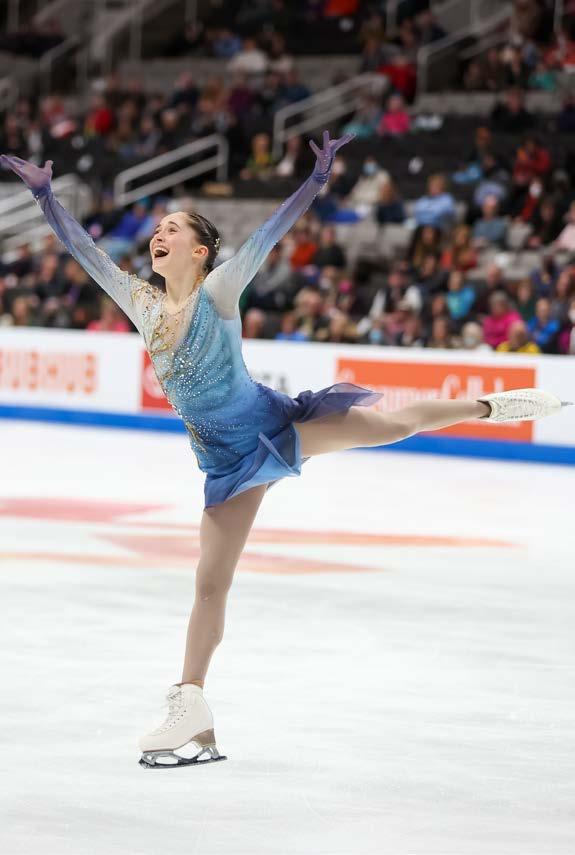
PSA COACHES – Yulia Kuznetsova, Otar Japaridze, Slava Kuznetsov, Zhanna Palagina, Evgeni Platov
CHOREOGRAPHER – Yulia Kuznetsova
MUSIC SELECTION – "Dulcea Si Tandra Mea Fiara" by Catalina Caraus & Eugen Doga
BEST PERFORMANCE MEN
Jason Brown
Championship Men Short Program
PSA COACHES – Tracy Wilson, Karen Preston
CHOREOGRAPHER – Rohene Ward
MUSIC SELECTION – "Melancholy" by Alexey Kosenko
BEST PERFORMANCE PAIRS
Alexa Knierim / Brandon Frazier
Championship Pairs Free Skate Program
PSA COACHES – Todd Sand, Jenni Meno Sand, Christine Fowler-Binder, Rafael Arutunyan, Chris Knierim


CHOREOGRAPHER –Sinead Kerr, John Kerr
MUSIC SELECTION – "Sign of the Times" by Harry Styles; “Healed Broken Wings” by Karl Hugo
BEST PERFORMANCE ICE DANCE
Madison Chock / Evan Bates
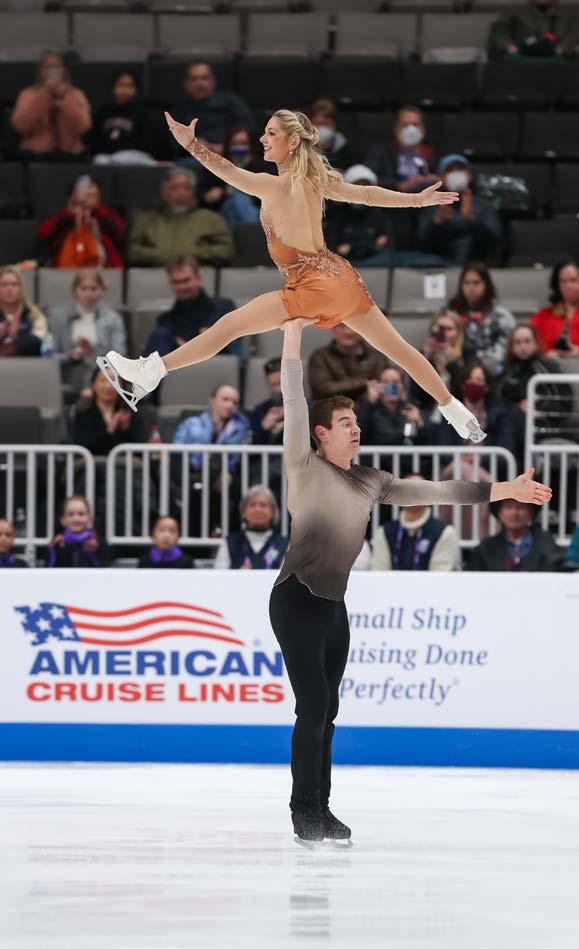

Championship Dance Free Dance Program
PSA COACHES – Patrice Lauzon, Marie-France Dubreuil; Romain Haguenauer
CHOREOGRAPHERS – Marie-France Dubreuil, Ginnette Cournoyer, Samuel Chouinard
MUSIC SELECTION – "Souffrance" by Orange Blossom and "Les Tectoniques" by Jorane
Best Performance Award Winner for the 2023 U.S. Synchronized Skating Championships

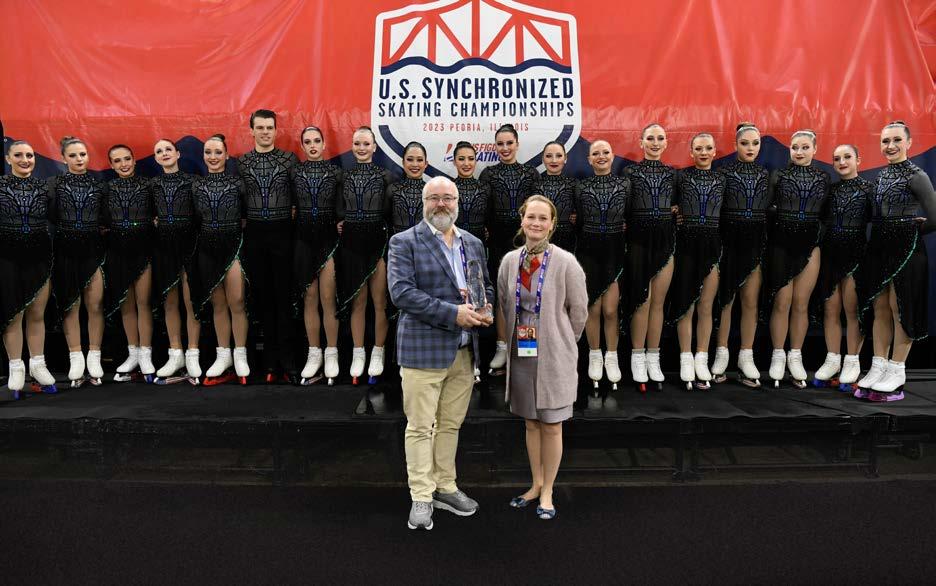
BEST PERFORMANCE SYNCHRONIZED
Haydenettes Championship Free Skate Program
PSA COACHES – Saga Krantz
CHOREOGRAPHERS – Saga Krantz
MUSIC SELECTION – “Quest For Souls” by Reliable Source Music
David Marsden, “Inner Peace” by Reliable Source Music, Robert De Fresnes, “Hope and Dreams of Grandeur” by Karl Hugo, “Ocean Princess” by Thomas Bergersen”
PHOTOS COURTESY U.S. FIGURE SKATING
PS MAGAZINE 35
MAY
Dates May 23, 2023
Event In-Person Ratings at Orlando Summit – Senior and Master levels only in all disciplines, except TOI
Credits PSA Credit 1
Deadline March 15, 2023
Dates May 24-26, 2023
Event PSA 2023 Orlando Summit and Trade Show
Credits PSA Credits 21 minimum
AUGUST

Date August 18-20, 2023
Event Virtual Ratings ~ All levels and disciplines except Synchro
Credits 1 PSA Educational Credit
Deadline June 9, 2023
NOVEMBER
Date November 17-19, 2023
Event Virtual Ratings ~ All levels and disciplines except Synchro
Credits 1 PSA Educational Credit
Deadline September 17, 2023
For the most up-to-date Calendar of Events, visit www.skatepsa.com

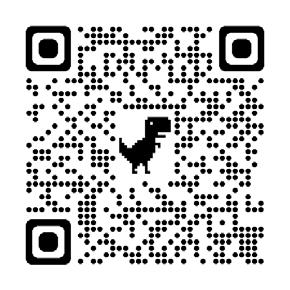

KEYNOTE: Gale Tanger
We have the privilege of having the amazing Gale Tanger as our keynote speaker. Judge, mentor, IJS historian, and everything skating, Gale has done more for skating then any of us can imagine. She is uplifting, positive, and incredibly knowledgeable across all disciplines and has some fun and insightful stories to share.


Relive Summit all year long!
Via
Anita Saxena
calendar
to
to
skatepsa.com or use the QR code
go straight
psatv.uscreen.io.
MAY/JUNE 2023 36
Team Survey

WE WANT TO KNOW: We are always looking for new content in PS Magazine. What is something you would like to learn more about?
Aim your smartphone camera at the QR code, click the link that appears, make your choice and submit—it takes less than two minutes!

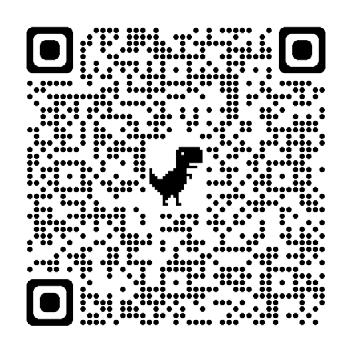
Be sure to vote by April 10 so that your vote is counted, and look for the results in our next magazine!
Results from the March/April issue are below.
LAST ISSUE WE ASKED: What jump do you enjoy teaching the most?


“Choctaws. It’s a good challenge and I think they’re cool.”
“School figures. Many skaters don’t have the concept of a true threeturn bracket counter rocker etc! I miss the days of teaching strong edges in too and out of all turns.”

See Our Skating Software Promo!
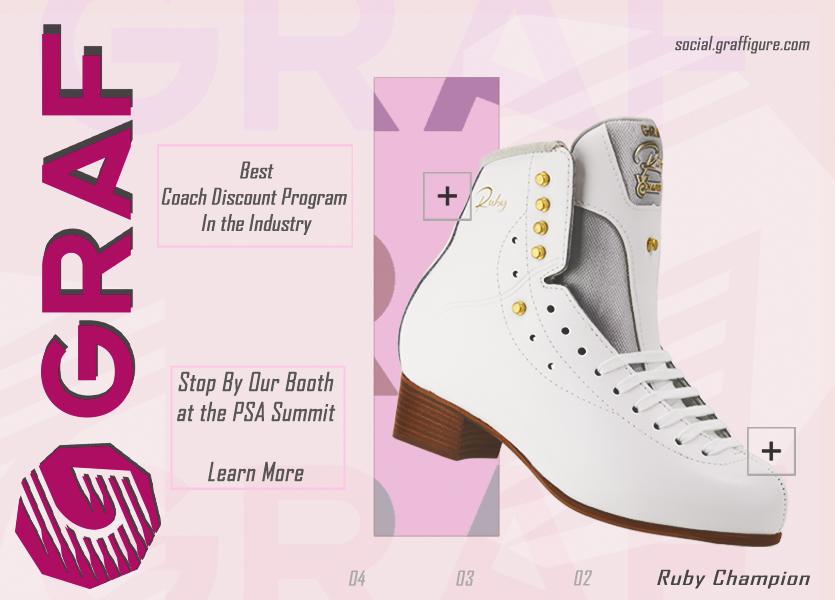
www.uplifterinc.com
info@uplifterinc.com
“Double salchow. It was one of my favorite jumps and skaters get so excited about landing what is generally their first double.”
PS MAGAZINE 37
Window to the past. Door to the future.
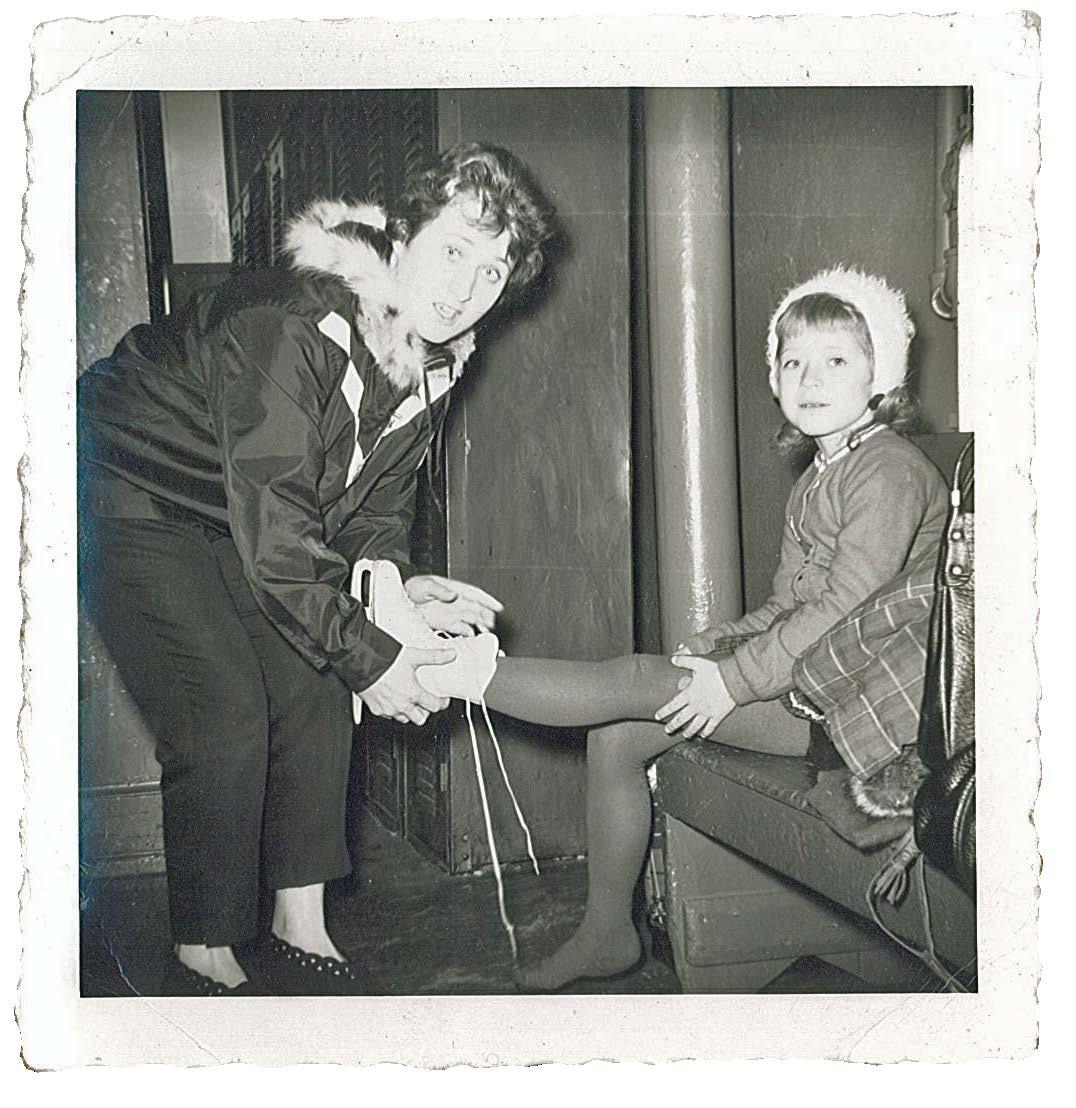

Reflecting on our coaching journeys, honoring those that inspired us, and sharing what we've learned with the next generation of coaches and athletes.
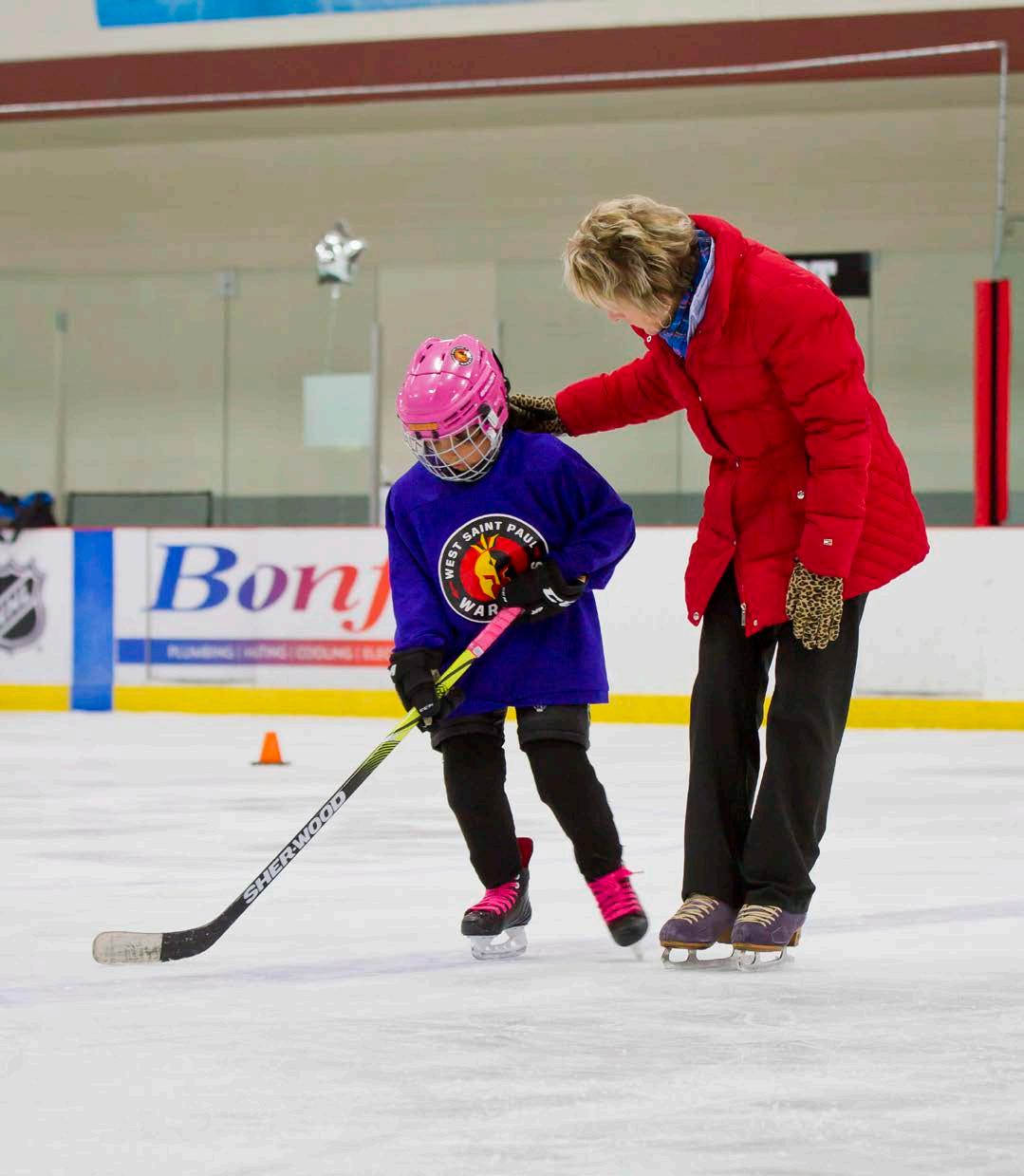
A PUBLICATION OF THE PROFESSIONAL SKATERS ASSOCIATION 3006 Allegro Park Lane SW Rochester, MN 55902

























































 Hamilton
Hamilton





























































